Keynote Speakers
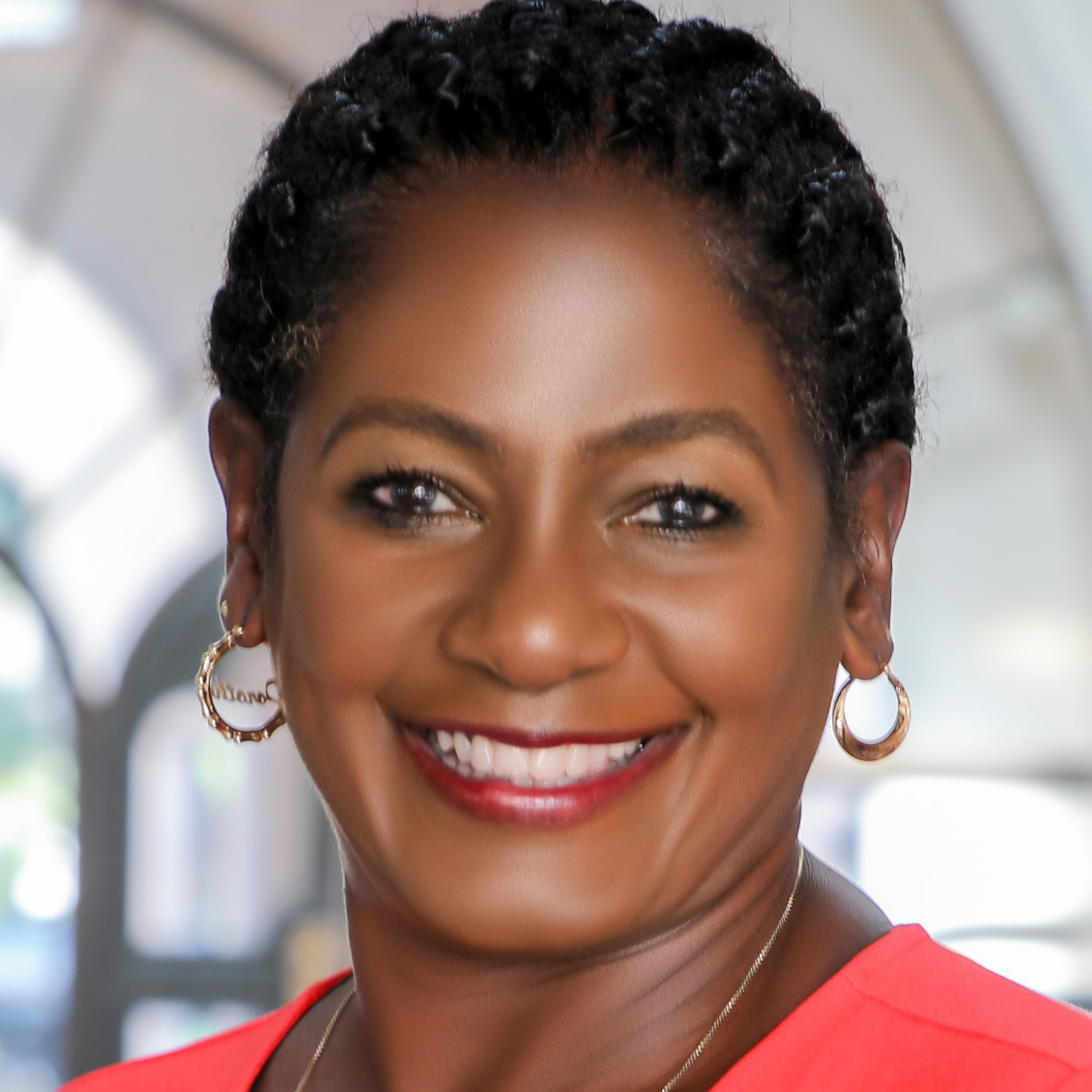
Dorothy L. Andrews, Ph.D.
The Senior Behavioral Data Scientist and Actuary for the National Association of Insurance Commissioners
Dorothy Andrews is a pre-eminent expert and voice on the evolving use, impacts, and governance of artificial intelligence, big data, and algorithms within the insurance and actuarial spaces, and currently serves as chairperson of the American Academy of Actuaries' Artificial Intelligence Subcommittee. She has led numerous flagship Academy projects on these issues, including briefs, policy papers, and comment letters for the U.S. actuarial profession and federal and state regulators and lawmakers, and is a frequent speaker on these topics. She is the Senior Behavioral Data Scientist and Actuary for the National Association of Insurance Commissioners, with more than 25 years of actuarial and statistical modeling experience with life insurance companies, property and casualty insurance companies, reinsurance companies, international consulting firms, and government agencies. She serves as an adjunct faculty at the University of North Carolina at Charlotte teaching predictive analytics in the Mathematics and Statistics Department and human cognition in the Psychology Department.
Dorothy is a Member of the American Academy of Actuaries, an Associate of the Society of Actuaries, and a Certified Specialist in Predictive Analytics (CSPA). She holds a Ph.D. in Media Psychology. Her research focus is on how big data and algorithms are altering our perceptions of risk, differentially and adversely impacting communities of color, and undermining human autonomy with automated decision-making systems. Dorothy believes that because insurance is becoming mediated more and more by mobile, wearable, and AI technologies, human oversight is critical to ensuring these technologies are operating ethically and with transparency to prevent disparate impacts on those segments of society who lack the privilege and resources to avert their ill effects. She has published numerous papers on actuarial and data science topics.
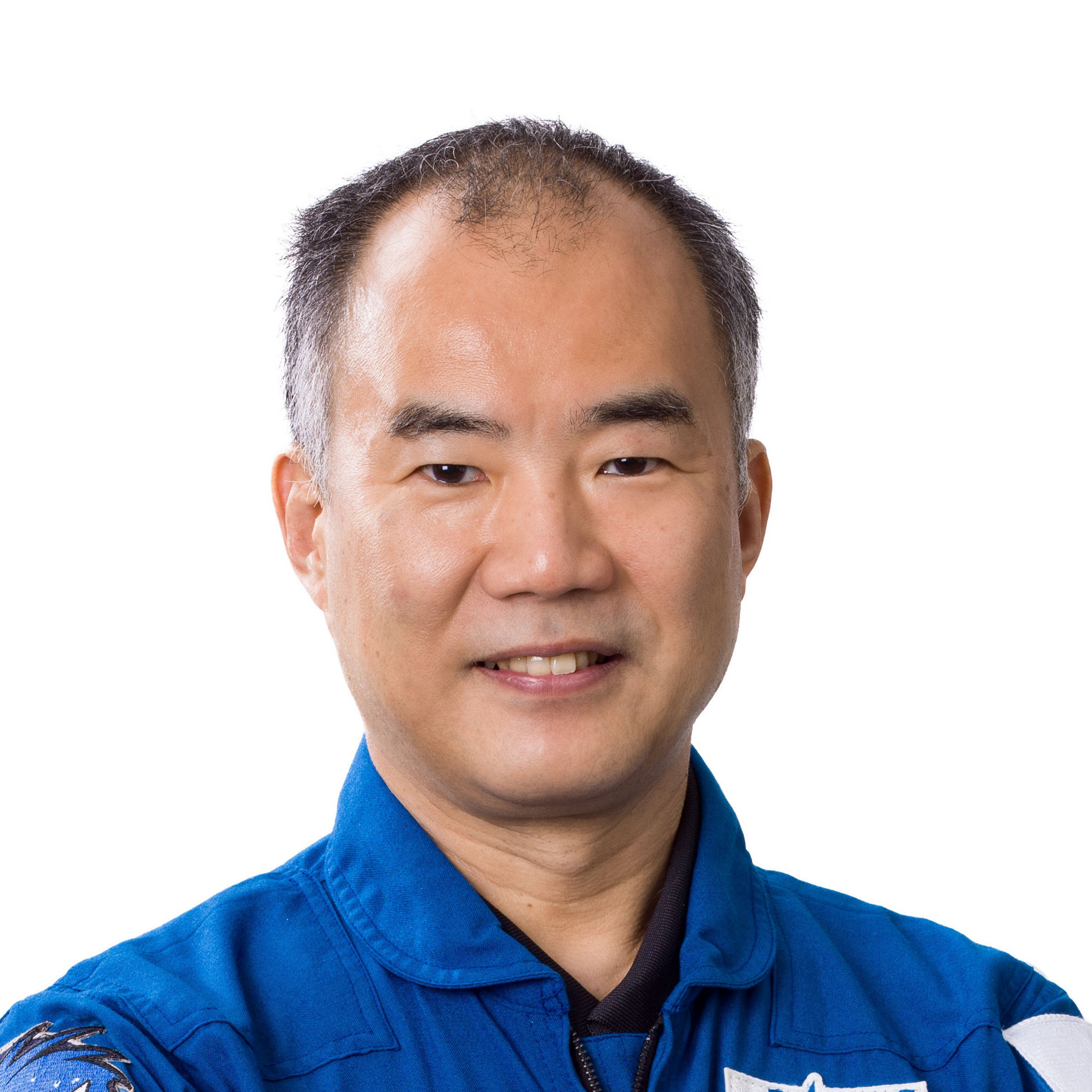
© Mirai Space Co., Ltd.
Soichi Noguchi, Ph.D.
Astronaut, Professor, Voice Actor
Dr. Soichi Noguchi graduated from the Graduate School of University of Tokyo in 1991. His first spaceflight was STS-114 on the space shuttle Discovery in 2005. In 2009, he became the first Japanese flight engineer for the Russian Soyuz spacecraft. In 2020, he became the first non-American to board on SpaceX spacecraft, participating in the world’s first commercial operation ISS mission (Crew-1). He was the first astronaut in the world to accomplish three different methods of Earth entry, and he was officially certified by Guinness World Records in two categories. He received YouTube Creator Award with live performance of Chopin from Space. He received distinguished paper award from the of the Japanese Association of Qualitative Psychology for in-depth “Tojisha Kenkyu” (Self-directed Studies) on his cosmic experiences. He received special distinguished award from Boy Scout Japan with his lifelong commitment to the boy scout organization.
He left NASA/JAXA in 2022, and currently holds several prestigious positions, including Chief Technology Officer of the Institute for International Socio-Economic Studies(IISE), President of IHI Academy, Pro Vice President of Ritsumeikan University, Project Professor at the University of Tokyo, Executive Fellow at the World Economic Forum(WEF), Co-Chair of Astronaut Admin Committee, the International Astronautical Federation (IAF), and the board of directors, Space Foundation. Voice Actor (dubbing in Star Wars Han Solo, Into the Nature, Disney Elio, etc.). Outside of work, he enjoys cooking, camping, songwriting (Sony Music Artists), and flying airplanes and helicopters (CFII, MEI).
Plenary Speakers
Speaker information is current as of December 23, 2025, and will be updated for any changes, including the confirmation of additional speakers.
AI-Empowered Actuary: Shaping Social Impact, Inspiring Trust
TBA
Machine Learning Applications in Actuarial Work: Regulatory and Practical Perspectives
Machine learning technology serves as the foundation for both predictive AI and generative AI. The potential for predictive AI to outperform traditional regression analysis methods in terms of prediction accuracy is widely acknowledged. However, due to the challenges such as the black-box nature of its estimation process and issues of reproducibility, full-scale adoption in actuarial practice remains limited.
Generative AI excels in handling unstructured data and generating content and has rapidly permeated society in recent years. Nevertheless, its practical use raises numerous concerns, including the reliability and consistency of its outputs, as well as ethical and legal considerations.
This session will explore the conditions necessary for effectively incorporating machine learning techniques into practical workflows, with a particular focus on alignment with regulatory requirements. The discussion will delve into methods for ensuring transparency and fairness, including IML (Interpretable Machine Learning) techniques that promote interpretability. By examining issues from the perspectives of industry, regulators, and the actuarial profession, we aim to identify viable approaches for real-world adoption.

Dorothy L. Andrews
The Senior Behavioral Data Scientist and Actuary for the National Association of Insurance Commissioners
Dorothy Andrews is a pre-eminent expert and voice on the evolving use, impacts, and governance of artificial intelligence, big data, and algorithms within the insurance and actuarial spaces, and currently serves as chairperson of the American Academy of Actuaries' Artificial Intelligence Subcommittee. She has led numerous flagship Academy projects on these issues, including briefs, policy papers, and comment letters for the U.S. actuarial profession and federal and state regulators and lawmakers, and is a frequent speaker on these topics. She is the Senior Behavioral Data Scientist and Actuary for the National Association of Insurance Commissioners, with more than 25 years of actuarial and statistical modeling experience with life insurance companies, property and casualty insurance companies, reinsurance companies, international consulting firms, and government agencies. She serves as an adjunct faculty at the University of North Carolina at Charlotte teaching predictive analytics in the Mathematics and Statistics Department and human cognition in the Psychology Department.
Dorothy is a Member of the American Academy of Actuaries, an Associate of the Society of Actuaries, and a Certified Specialist in Predictive Analytics (CSPA). She holds a Ph.D. in Media Psychology. Her research focus is on how big data and algorithms are altering our perceptions of risk, differentially and adversely impacting communities of color, and undermining human autonomy with automated decision-making systems. Dorothy believes that because insurance is becoming mediated more and more by mobile, wearable, and AI technologies, human oversight is critical to ensuring these technologies are operating ethically and with transparency to prevent disparate impacts on those segments of society who lack the privilege and resources to avert their ill effects. She has published numerous papers on actuarial and data science topics.
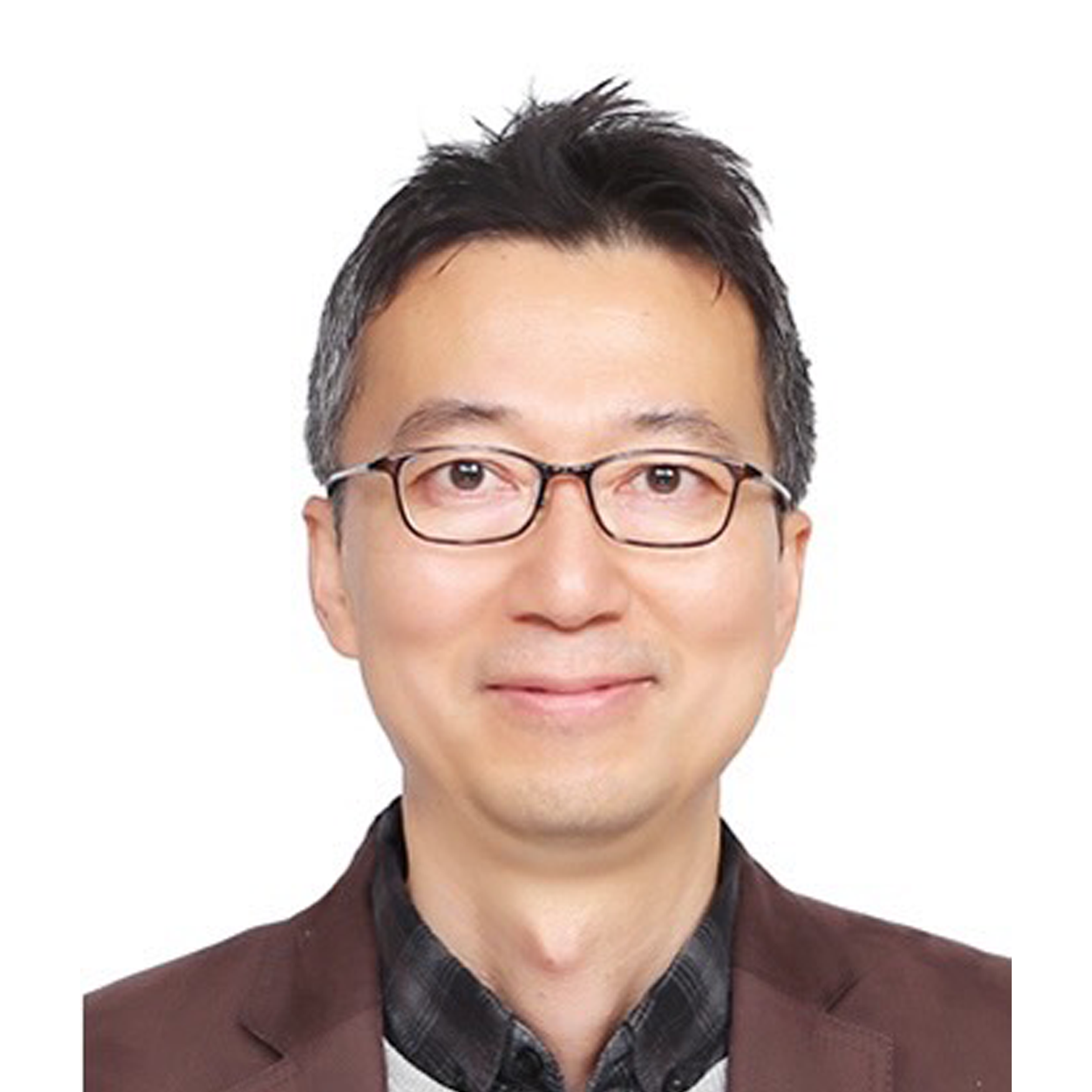
Dong Wook Noh
Fubon Hyundai Life,
Chief Product Officer
Dong Wook Noh is the Chief Product Officer at Fubon Hyundai Life, where he oversees product strategy and development and drives innovation to support sustainable growth and long-term value creation.
With nearly three decades of experience in the life and health insurance industry across Asia – particularly in South Korea and Japan – he brings deep market insight and a collaborative, execution-oriented approach to developing insurance solutions that address evolving customer needs, emerging risks, and new growth opportunities.
Prior to joining Fubon Hyundai Life in 2025, Dong Wook served as Executive Director of Business Development at RGA Japan, where he led the traditional reinsurance team in identifying and shaping strategic opportunities for clients. He has also held several senior leadership roles at leading Korean insurers, contributing significantly to product strategy and development, product marketing, profitability enhancement, and portfolio management.
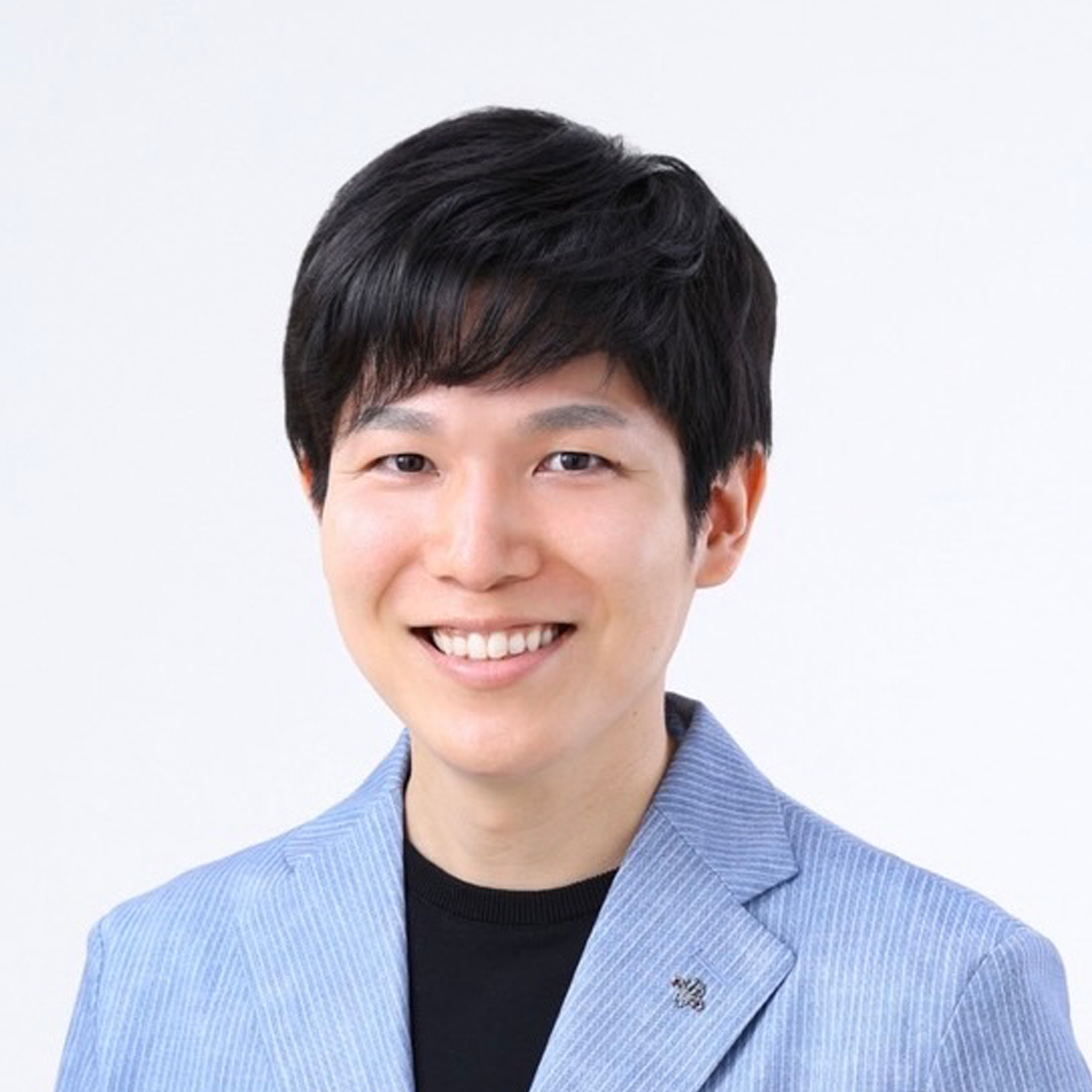
Suguru Fujita
The Institute of Actuaries of Japan
Chair of Data Science Related Basic Research Subcommittee
Suguru Fujita is a Fellow of the Institute of Actuaries of Japan, an Associate of the Society of Actuaries, a Certified Specialist in Predictive Analytics, and a Chartered Enterprise Risk Actuary, with over 12 years of actuarial experience across life, P&C, and reinsurance industries.
He joined Akur8 in 2023 as an Actuarial Data Scientist, supporting actuaries as well as pricing and reserving teams to make faster, more transparent, and better-informed decisions through Akur8’s cutting-edge machine learning technology.
As Chair of the Data Science Related Basic Research Subcommittee of the Institute of Actuaries of Japan, Suguru leads research and innovation in actuarial data science, actively engaging with the broader actuarial and data science communities through conferences, publications, and industry outreach, while promoting the integration of data science techniques into actuarial practice to advance the profession in Japan.
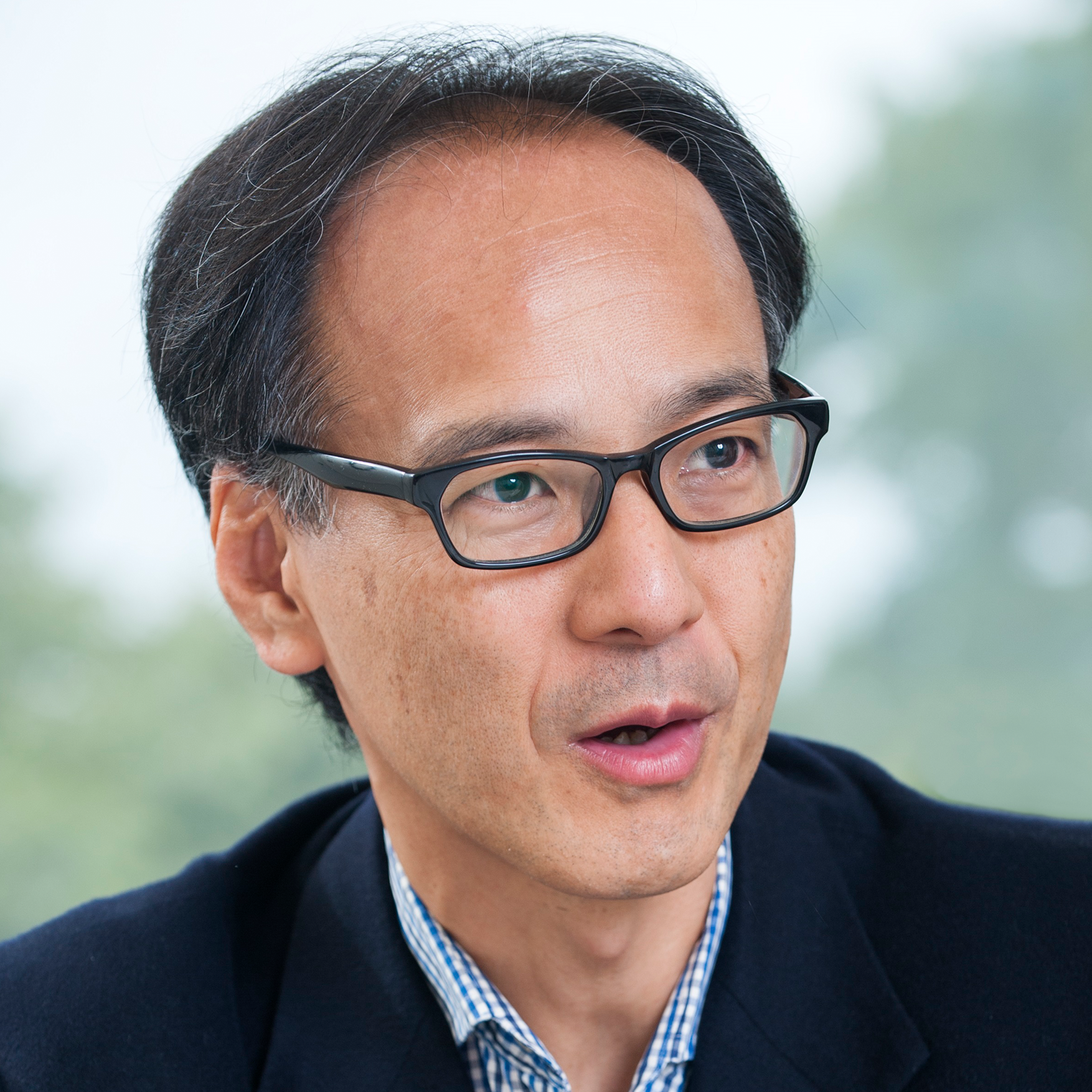
Hirokazu Iwasawa
Waseda University
Guest Professor
Hirokazu Iwasawa (aka Iwahiro) is a central figure in education, dissemination, and research of data science in the actuarial field in Japan. He has played a key role as mentor of numerous data science related projects within the Institute of Actuaries of Japan, notably in the Data Science Related Basic Research Subcommittee and the ASTIN-related Study Group. As an eminent educator, he regularly delivers lectures at the IAJ as well as at several universities, including Waseda University where he serves as Guest Professor. He is a prolific author of more than 20 books, eight of them single-authored, covering a wide range of topics such as probability, statistics, mathematical puzzles, non-life insurance mathematics, and predictive modeling. He is also the originator of the AGLM technique, and a co-authored paper on this method was recognized with the 2021 Hachemeister Prize.
The IAA AI Task Force: Helping Actuaries Engage with and Advance AI
This session will cover how the work AITF is doing to help actuaries engage with and advance AI, both narrow AI and general AI. We’ll cover work across the workstreams of:
Engagement and Foundations: We work to help those who are new to AI get engaged and learn some of the basics
Research and Advancement: We help the technical actuary get familiar with research in the area as well as work on ways to raise our profession’s profile within AI
Case Studies and Tools: We provide a repository of case studies and tools to help folks who want to get started or see actual examples.
Adoption Framework: We help you put it all together and show you how to implement AI at work.
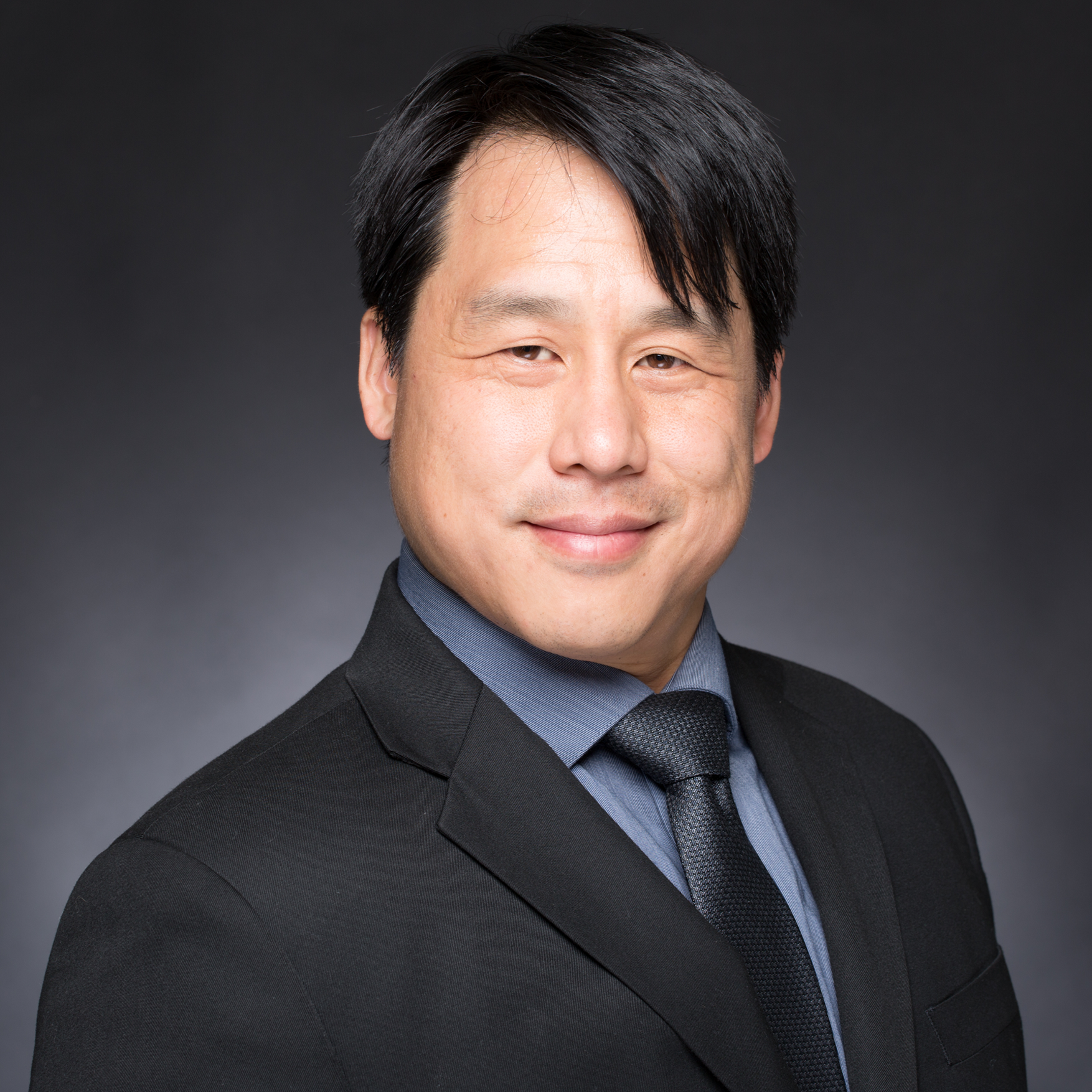
Frank Chang
Uber, Vice President, Applied Science
Frank started his career as a traditional actuary, and transitioned to non-traditional actuarial work when he joined Google as their first actuary in 2012. He joined Uber in 2014 and currently is a Vice President of Applied Science in Core Services. His team consists of actuaries and data scientists responsible for providing insights and analytical solutions that serve all of Uber's users.
Frank holds a B.A. in Music and a Ph.D. in Mathematics both from UCSD. He has been involved with the Casualty Actuarial Society for decades, serving as President in 2024 and Chairperson in 2025. He is currently the Chair of the IAA AI Task Force.
Challenge to Climate Change
In recent years, extreme weather events have become frequent worldwide, and their effects are having a serious impact on our lives and economic activities. Natural disasters caused by climate change, such as large-scale typhoons and hurricanes, record-breaking heavy rains, and floods, are increasing in frequency and scale, causing enormous damage in various parts of the world.
This session will invite experts on climate change risk and practitioners who handle natural catastrophe models to provide expert knowledge on the latest research findings and future predictions regarding climate change. They will also explain risk evaluation methods using natural catastrophe models, specific damage predictions, and practical issues related to climate change and wind & flood damage at non-life insurance companies.
Furthermore, based on these circumstances, we will take a multifaceted view of the risks posed by climate change and deepen the discussion on its impacts and countermeasures. We will also hold a discussion on how actuaries should learn, what skills they should acquire, and how they should act in the future.
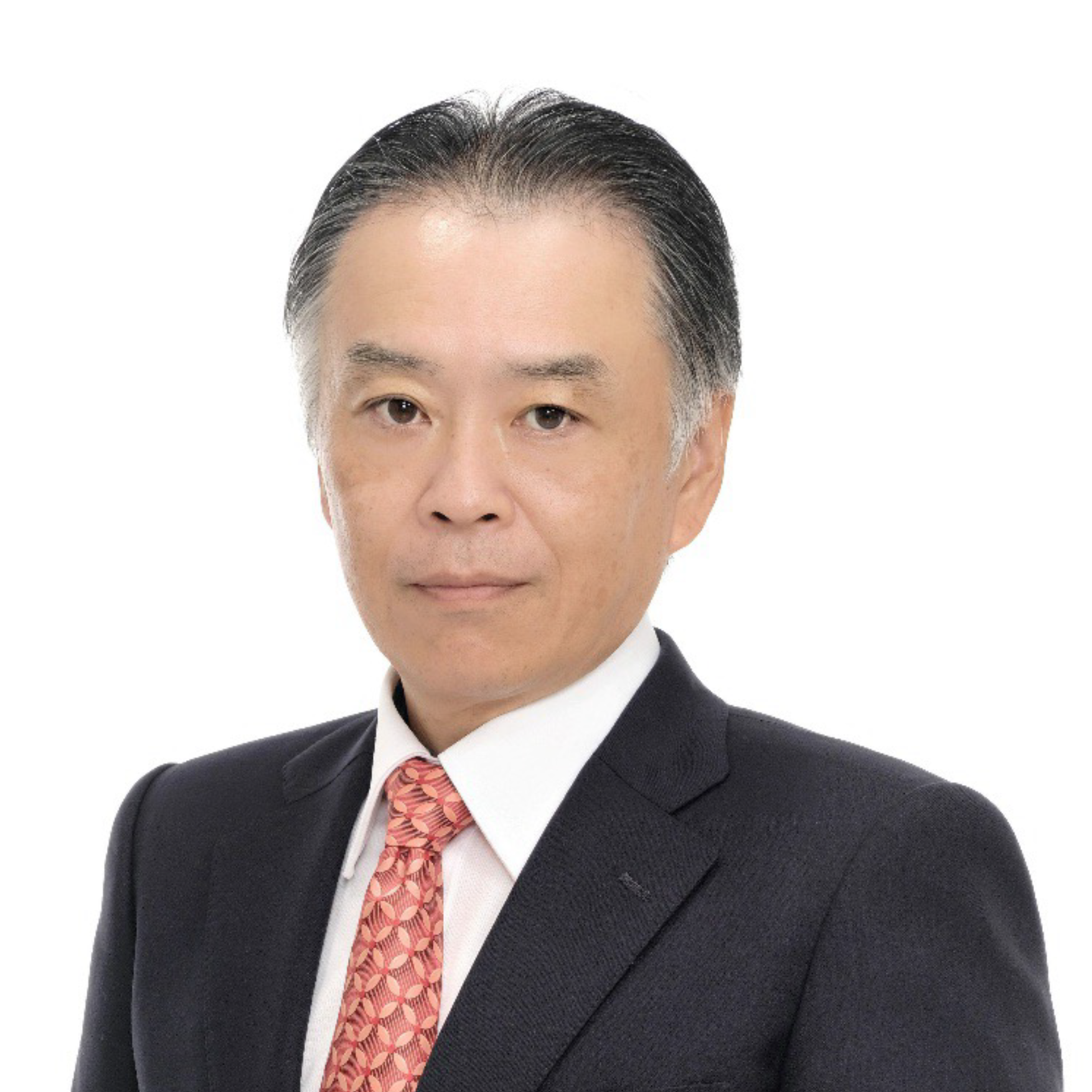
Tosiyuki NAKAEGAWA
Meteorological Research Institute, Japan Meteorological Agency, Director
Dr. Tosiyuki Nakaegawa is a distinguished scientist and a director at the Meteorological Research Institute (MRI) of the Japan Meteorological Agency (JMA). With a Ph.D. in Engineering, his extensive expertise encompasses future climate projection, hydroclimatology, seasonal prediction, and river engineering.
His research has significantly advanced the understanding of regional climate dynamics and extreme climate events. He has been a leader in the application of high-resolution atmospheric global climate models and dynamical downscaling techniques to project future climate changes and their impacts. His work provides crucial insights into how phenomena like extreme precipitation and drought will evolve under global warming scenarios.
An expert in dynamical downscaling and ensemble prediction systems, he has played a pivotal role in delivering projected future climate information such as “Japan’s future climate” published in 2025, bridging the gap between cutting-edge research and practical applications. He has been an active contributor to international scientific collaborations, including the World Meteorological Organization (WMO), International Association of Meteorology and Atmospheric Science, and Technological University of Panama. Dr. Nakaegawa’s dedication to scientific excellence and public service underscores his standing as a respected leader in the meteorological and climatological sciences, both within Japan and globally.
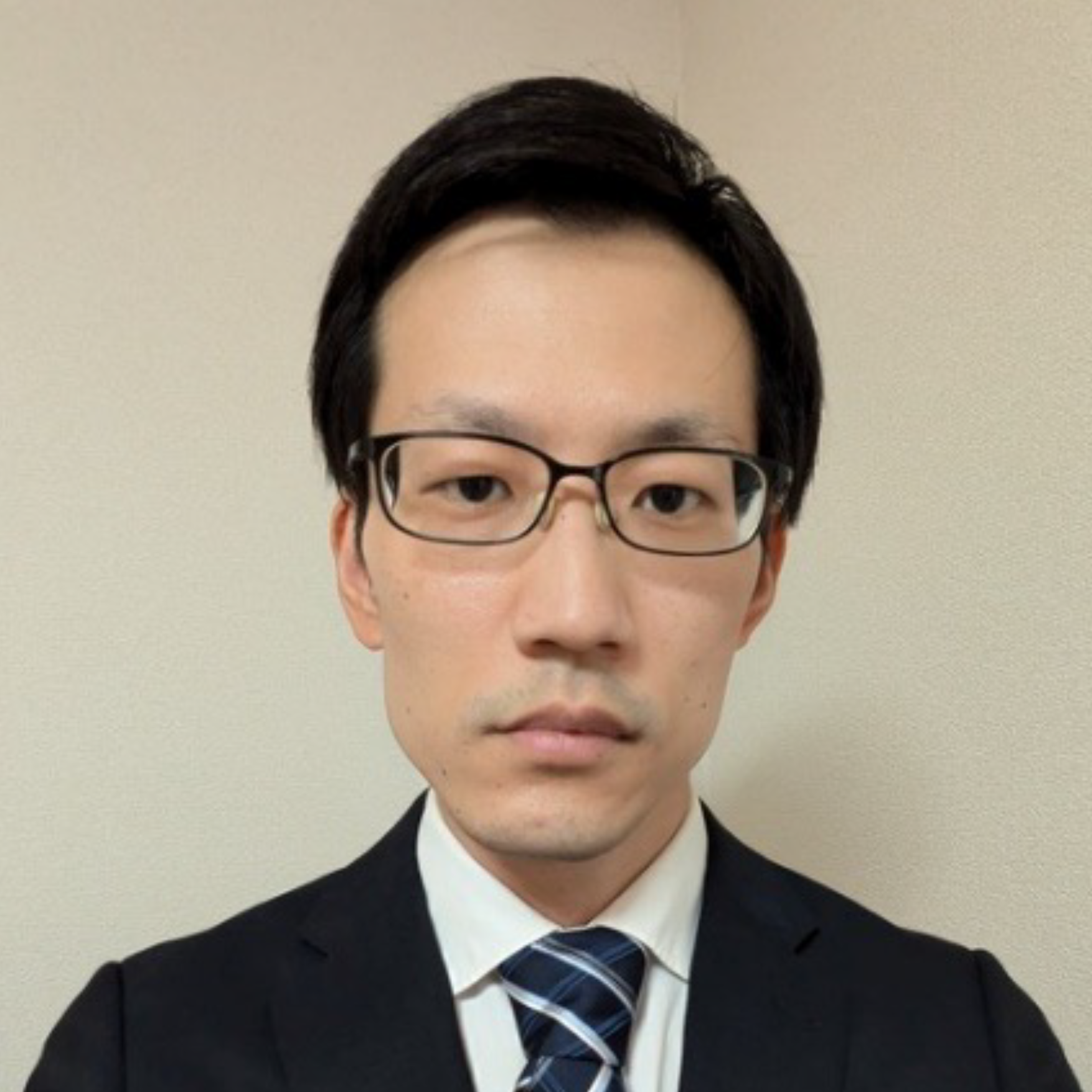
KOHEI SUGIYAMA
General Insurance Rating Organization of Japan Assistant Manager
Kohei Sugiyama is a highly experienced analyst with over 15 years of experience at the General Insurance Rating Organization of Japan (GIROJ), an institution established under the Act on Non-Life Insurance Rating Organization of Japan in 1948.
He currently leads analysts who specialize in the development and validation of typhoon and flood risk models in the modeling department of GIROJ.
He plays an important role in keeping these models up-to-date: they are used when calculating advisory rates, and can be broadly utilized across the insurance industry in many ways (For example, when estimating natural disaster's risk exposure based on the Japanese Economic Value-Based Solvency Regulation(J-ICS), or when analyzing the risk exposure to climate change based on Financial Services Agency of Japan’s NGFS scenarios.)
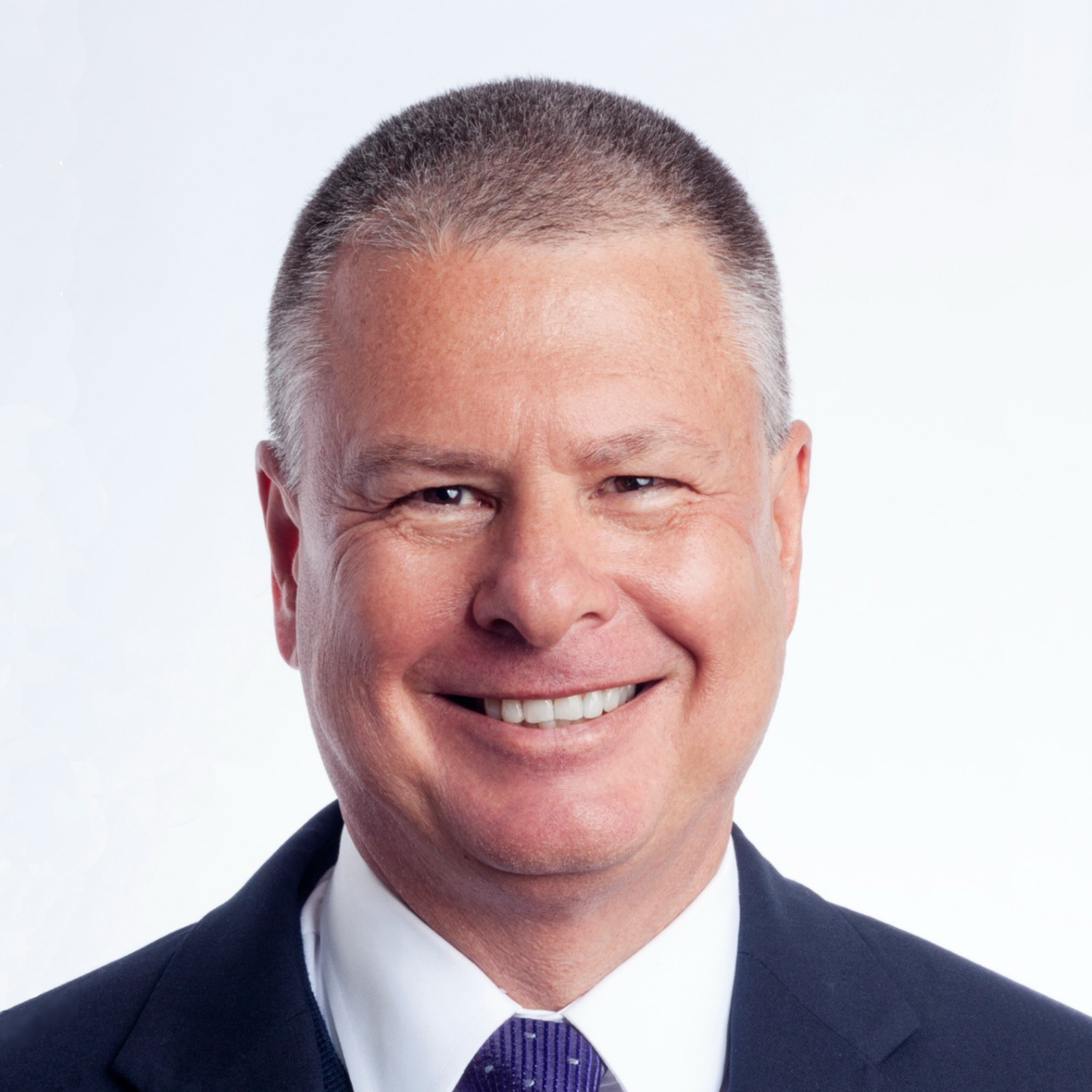
Rade Thomas Musulin
Chair, Climate and Sustainability Committee of the International Actuarial Association
Rade Musulin is a Principal at Finity Consulting in Sydney, Australia, focusing on extreme events and climate risk. Previously he served as the Chief Executive Officer of FBAlliance Insurance, Chief Operating Officer of Aon Benfield Analytics Asia Pacific, and Vice President Operations, Public Affairs, and Reinsurance for the Florida Farm Bureau Insurance Companies.
Rade is Chair of the International Actuarial Association’s Climate and Sustainability Committee. He serves on the Actuaries Institute’s Climate and Sustainability Practice Committee and was Vice President – Casualty for the American Academy of Actuaries from 2016 – 2018. He was named as co-winner of the Actuaries Institute’s Actuary of the Year award in 2023. He has been an author on several peer reviewed academic papers and is a member of the Editorial Board for Oxford University’s Environmental Hazards Journal.
His main areas of interest include how changing population demographics affect catastrophe exposure, climate change adaptation, applications of catastrophe models for disaster planning in developing countries, building code development, and community resilience. He represented the International Actuarial Association at COP 27 in Egypt in 2022, COP 28 in Dubai in 2023, and COP 29 in Azerbaijan in 2024.
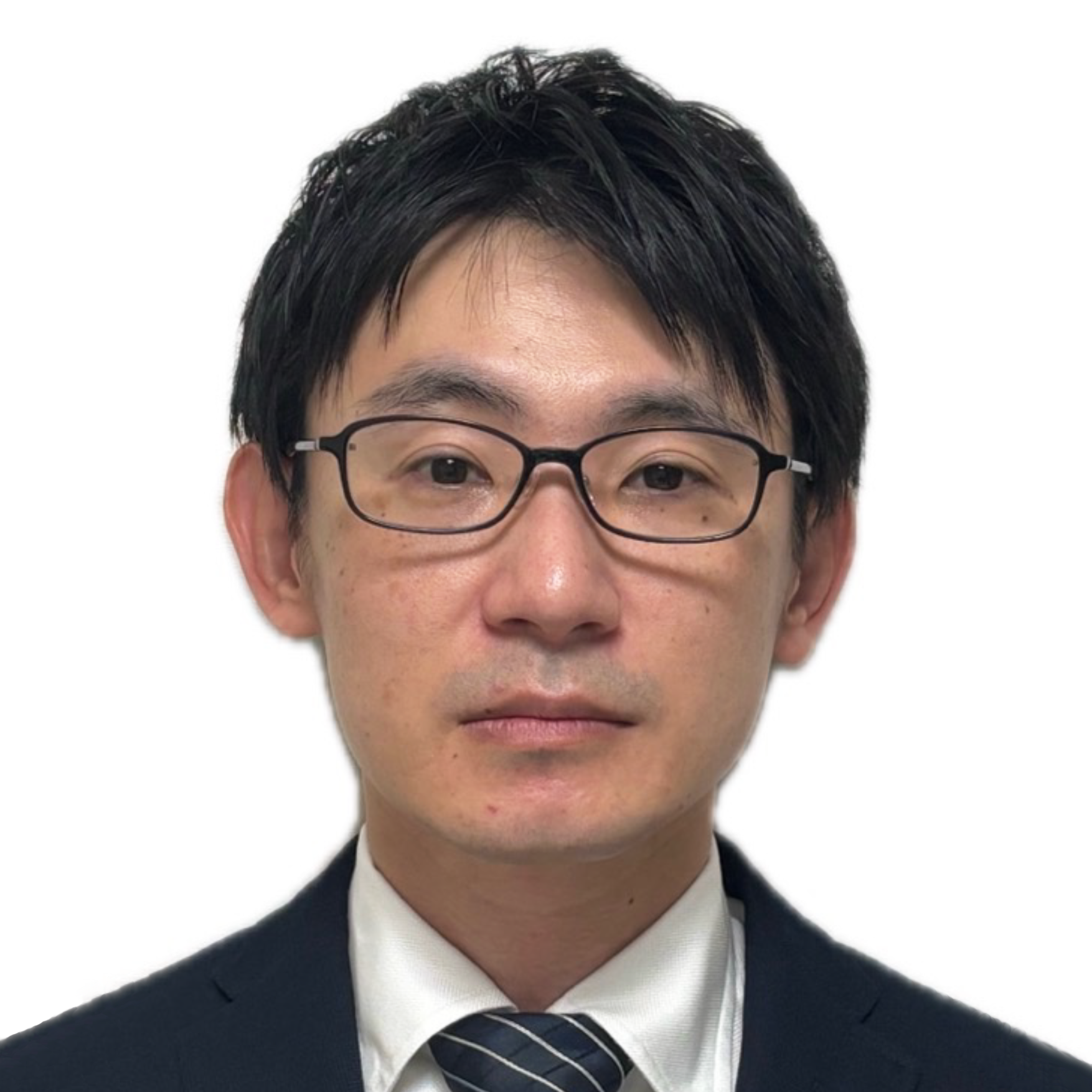
Yoshito Hayase
Sompo Holdings, Inc.
Manager, Risk Management Dept.
Yoshito Hayase, a Fellow of the Institute of Actuaries of Japan, is Head of Capital Modelling at SOMPO Group, bringing over 22 years of dedicated service to the non-life insurance industry. He is a seasoned professional in Enterprise Risk Management (ERM), possessing deep expertise in advanced capital modelling, robust model validation, and the strategic application and interpretation of natural catastrophe risk models to inform risk-informed decision-making.
His experience includes a three-year tenure specializing in capital modelling in London. Hayase has actively contributed to significant industry discussions on the Insurance Capital Standard (ICS) and Japan's Financial Services Agency's Economic Solvency ratio regulations. As a member of the actuarial profession, he has also supported the IAJ's Practice Standards Committee, contributing to non-life insurance actuarial standards and fostering knowledge sharing.
He holds a B.E. from Keio University.
Challenge to Disaster Prevention
Located on the Pacific Ring of Fire, Japan is an earthquake-prone country and constantly faces seismic risks. Furthermore, the probability of the Nankai Trough Earthquake and a major earthquake directly under the Tokyo metropolitan area is increasing, and it has been widely pointed out that their occurrence would cause catastrophic damage. In recent years, large-scale earthquakes have also occurred frequently around the world, including on the Noto Peninsula in Ishikawa Prefecture, and in Turkey, Taiwan, and Myanmar. As the damage from earthquakes has a devastating impact on human lives, infrastructure, and economic activities, these events serve as a reminder of the importance of earthquake countermeasures and suggest the need for risk management from a global perspective.
In this session, we will invite experts on earthquake risk and practitioners who handle natural catastrophe models. They will provide expert insights into the latest research findings and future predictions concerning earthquake risk. Additionally, they will explain risk evaluation methods using natural catastrophe models, specific damage projections, practical challenges related to earthquakes for non-life insurance companies, and initiatives for disaster prevention and mitigation.
Furthermore, based on these circumstances, we will deepen the discussion on the impacts of earthquake risk and the countermeasures to be taken. We will also hold a discussion on how actuaries should learn, what skills they should acquire, and how they should act in the future.
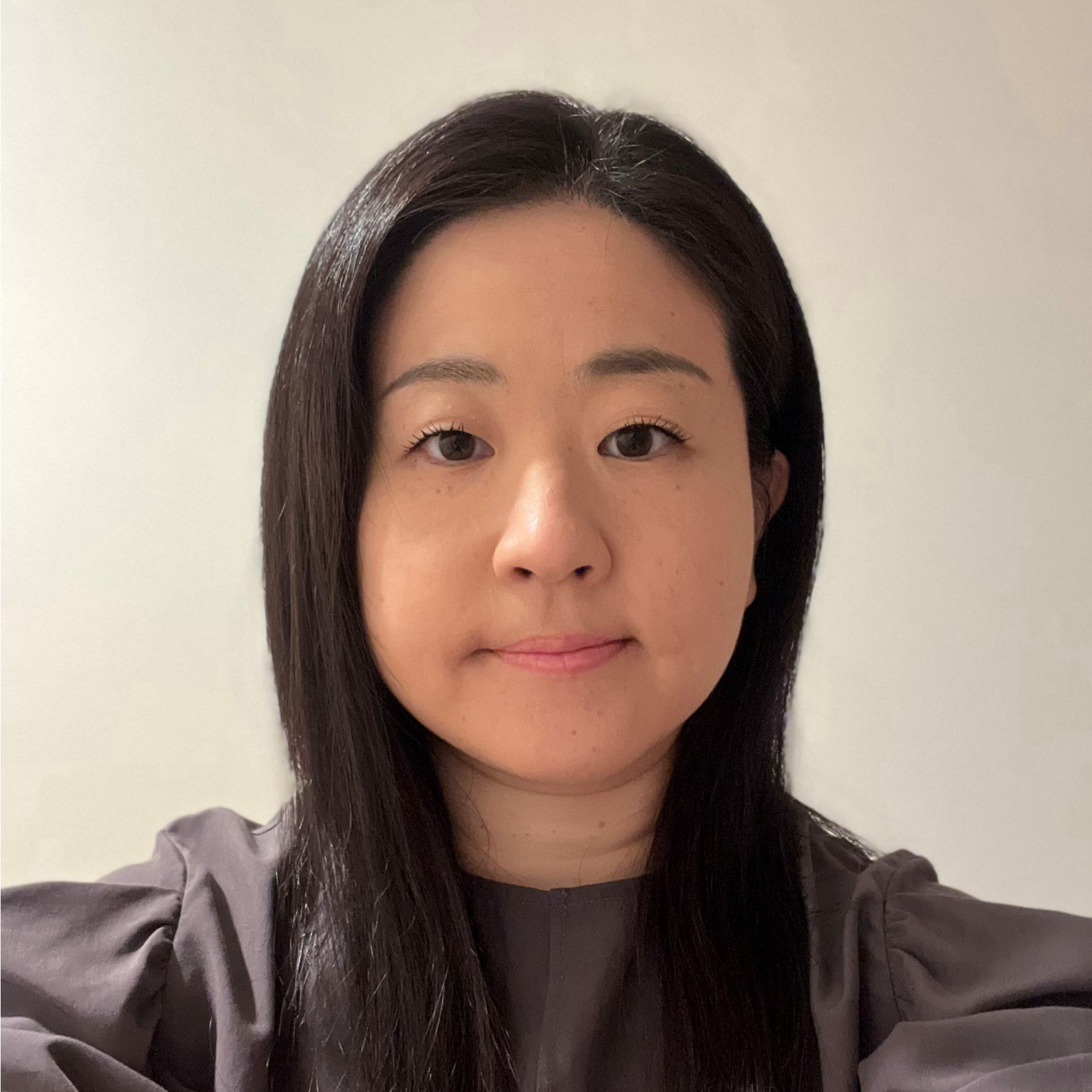
Kaoru Shiojima
Aioi Nissay Dowa Insurance Co.
Reinsurance Dept.
Head of Reinsurance Group
Joined Nissay Dowa General Insurance Co., Ltd. in 2006, contributing to the development of fire insurance products within the Product Development Department. In 2012, transferred to the Risk Management Department as an initial member involved in developing internal models, focusing on underwriting risk components for fire insurance. Since 2017, working in the Reinsurance Department, managing the outward placement of domestic and overseas risks.
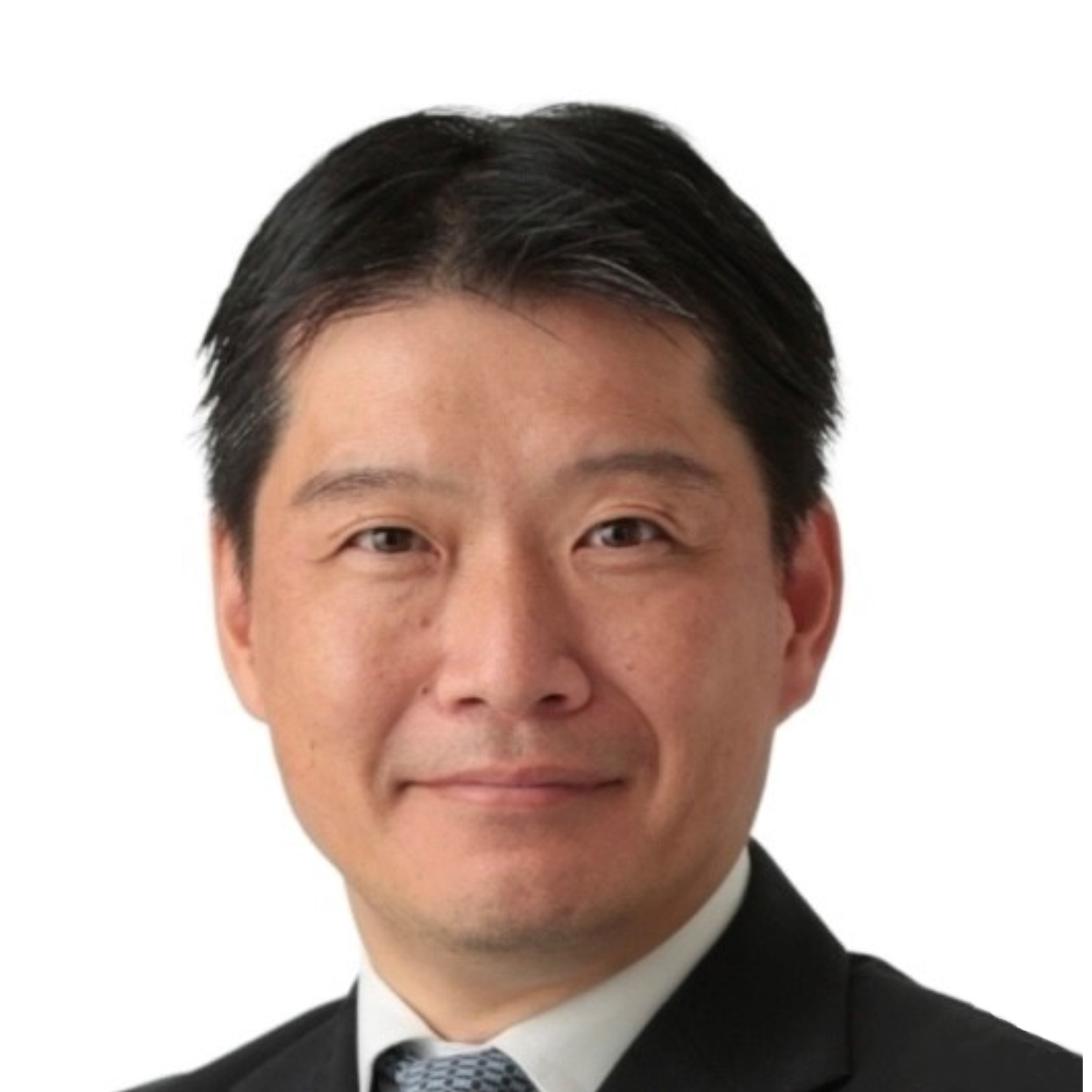
Ryutaro Yamada
MS&AD Insurance Group Holdings, Inc.
Group Chief Actuary
Ryutaro Yamada brings over 29 years of extensive experience in the insurance industry and currently serves as the Group Chief Actuary at MS&AD Insurance Group. His expertise encompasses underwriting, reinsurance, ERM - including natural catastrophe risk management - and actuarial consulting, providing him with comprehensive industry insight.
Ryu is a Fellow of the Institute of Actuaries of Japan (IAJ) and holds the Chartered Enterprise Risk Actuary (CERA) designation. He actively contributes to the global advancement of the actuarial profession through his roles at the International Actuarial Association (IAA), serving as Chair of the General Insurance Forum and as a member of both the Al Task Force and the Data Analytics Virtual Forum, representing the IAJ.
He holds a Bachelor of Science degree from the University of Tokyo.
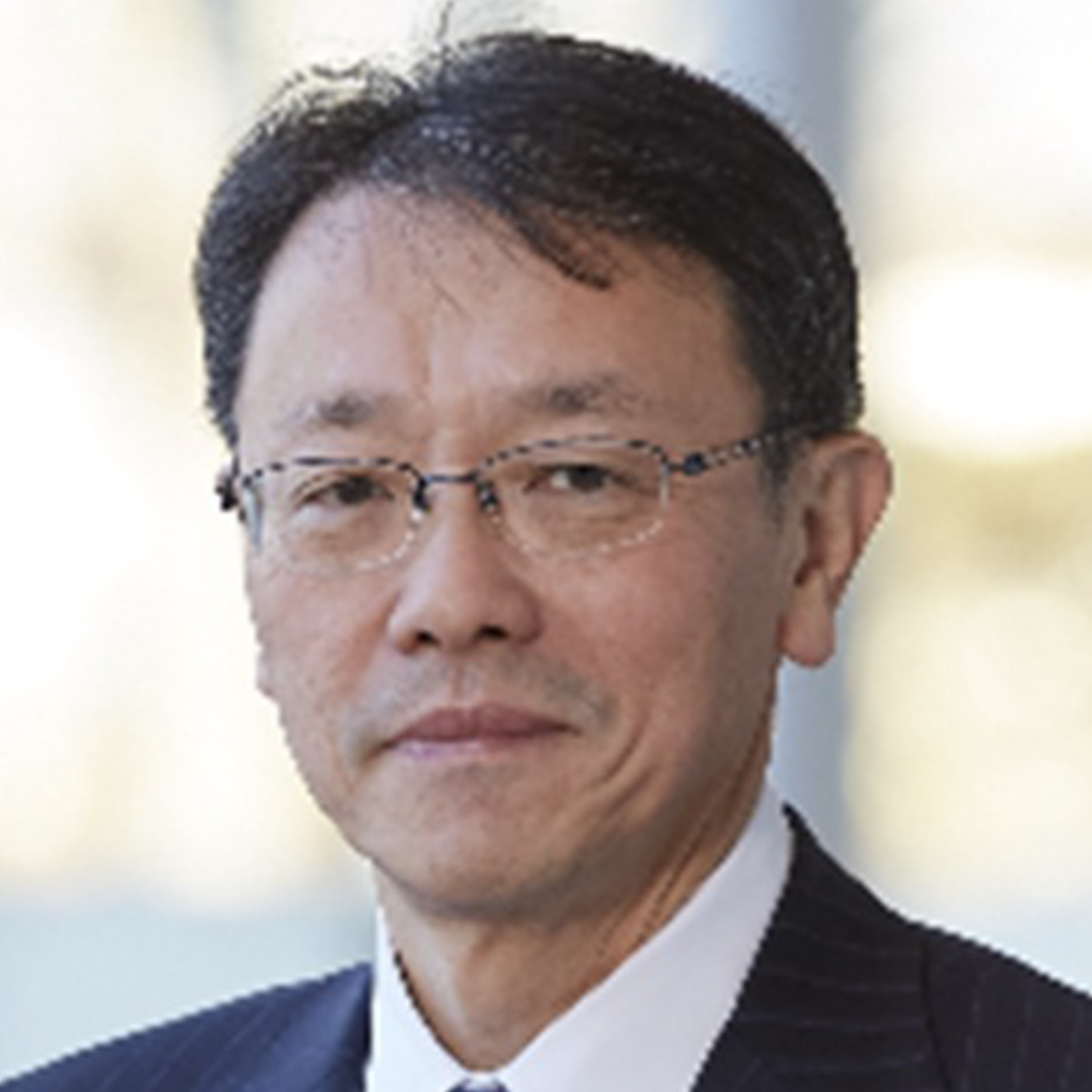
Naoshi Hirata
The University of Tokyo
Professor Emeritus
Dr. Hirata is an expert in Seismology and Earthquake Disaster Management. He holds a Ph.D. and Master of Science from the Graduate School of Science, The University of Tokyo. His career includes significant leadership roles, notably serving as a Professor and Director of the Earthquake Research Institute at the University of Tokyo, and later as the Director of the Tokyo Metropolitan Area Resilience Research Center (collaborating with the National Research Institute for Earth Science and Disaster Resilience).
Key Contributions and Activities: Dr. Hirata's research focuses on the mechanics of major seismic events, including the Tokyo Metropolitan Earthquake and the Nankai Trough Earthquake. He also specializes in applied research concerning urban function recovery following major disasters. Beyond research, he is actively involved in disaster prevention education, having served as the Chairman of the Disaster Prevention Education and Promotion Association.
Government and Advisory Roles: He plays a critical advisory role to the Japanese government, including his current position as Chairman of the Nankai Trough Earthquake Assessment Committee for the Japan Meteorological Agency (JMA), alongside service on various other national and local government committees.
Award: Prime Minister's Commendation for Disaster Prevention Contributions (2017).
Selected Publications (Books):
• Knowing Earthquakes and Preparing for Earthquakes (Aki Shobo)
• Urban Earthquake in the Capital (Iwanami Shoten)
• Encyclopedia of Earthquakes (Asakura Shoten)
Current Status and Challenges of Japan's Public Health Insurance in a Super-Aged Society: Experiences of the Land of the Rising Sun Facing the World's Fastest Ageing Population
Japan has achieved universal health insurance coverage, which is based on a social insurance system with a history spanning over a century. The schemes are broadly divided into employees’ insurances, National Health Insurance for municipal residents who are neither employees nor elderly (aged 75 and over), and the Medical Care System for the Elderly (aged 75 and over) for that age group. Financially, the system is characterised by subsidies from national and local governments to insurers, who collect premiums and pay benefits.
The system provides high-quality healthcare at a relatively low cost, offering free access compared to other OECD countries. Compared to publicly funded social assistance systems, social insurance has advantages in terms of access to services and funding provision.
However, the country now faces mounting challenges in terms of population and economy. The ageing population and declining birth rate, coupled with prolonged economic stagnation, are putting significant strain on the system's financial foundation. The sustainability of the system is further complicated by the fact that healthcare expenditure is rising faster than economic growth, driven by increasing demand for age-related medical services and advancements in medical technology.
This presentation first identifies the challenges facing Japan's social insurance system in light of prevailing economic and social conditions. It then analyses the current direction of government reforms, such as multi-generational social security reform. Additionally, the report explores potential solutions to the dual challenges facing Japan: the growing demand for healthcare services as the post-war baby boom generation ages, and the deteriorating state of local communities due to shrinking populations.
Japan is a pioneer in addressing such challenges, striving to ensure the sustainability of its universal health insurance system despite rapid population ageing and decline. While each country can only operate its systems within its own institutional framework and economic and social circumstances, Japan's experience can provide other countries with valuable insights into the future.
Ultimately, sharing experience and knowledge on this topic is crucial to achieving the sustainability of universal health coverage worldwide, including through public health insurance schemes.
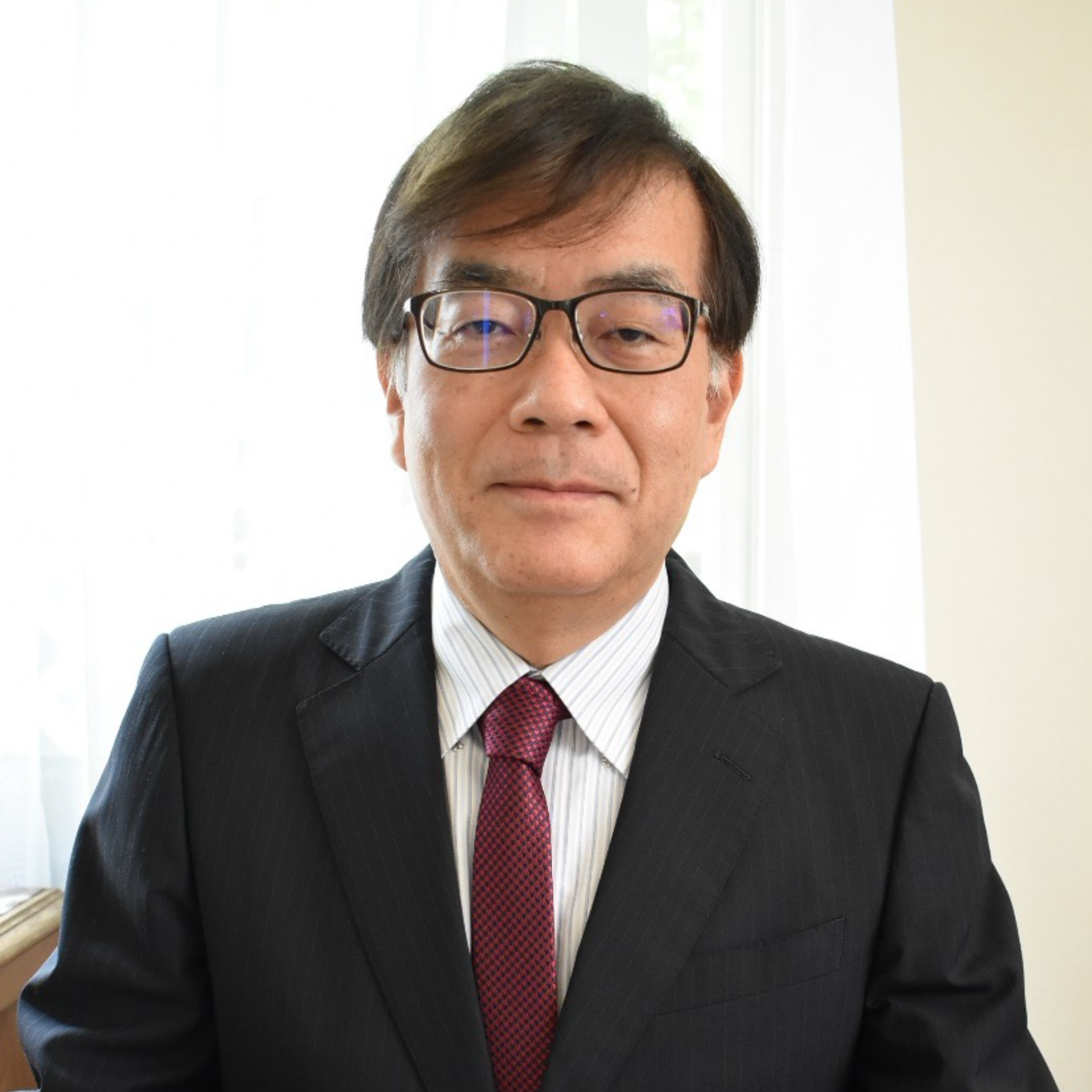
Hidekazu Inagawa
International University of Health and Welfare
Professor, Ph.D.
Born in 1959.
He joined the Ministry of Health and Welfare (now the Ministry of Health, Labour and Welfare) in 1982 and was responsible for social security policies, including medical insurance and pensions. In 2016, he transitioned to a career in research, working at Toyo University before taking up his current position at the International University of Health and Welfare. He lectures on social security, public assistance theory and the organisation and management of welfare services.
His specialities are social security law, social welfare studies and social security policy. His numerous publications on social security include French-language papers such as 'La notion de solidarité au travers du système japonais de sécurité sociale' in De la pauvreté à la protection sociale, Histoire et Patrimoine, Mélanges offerts à Yannick Marec, Presses Universitaire de Rouen et du Havre, 2022.
Universal Health Care and Management Competition
Managed Competition is a conceptual framework for designing healthcare systems that promote competition within the health insurance market while ensuring fairness and efficiency through regulatory oversight by a managing authority such as the government. Originally proposed by American economist Alain Enthoven, this concept has been widely discussed and implemented in several countries as an approach that combines the advantages of public health insurance systems with the flexibility of market principles. It seeks to balance cost containment, quality improvement, and equitable access through structured and transparent competition.
The key features of managed competition can be summarized in three core principles:
1. Competition among insurers – Competition occurs among insurers rather than healthcare providers, motivating insurers to improve efficiency and service quality.
2. Minimum benefit package – To maintain fair competition, the government defines a basic package of benefits that every insurer must offer, ensuring essential care for all citizens.
3. Risk adjustment – Insurers cannot reject high-risk individuals. To prevent insurers with a higher share of such members from being disadvantaged, the government redistributes funds based on risk 11profiles.
Actuaries play a crucial role in implementing managed competition. They design equitable premium structures, evaluate risk-adjustment formulas, and ensure transparent information disclosure that enables consumers to make informed choices and fosters healthy competition.
In this session, we will examine experiences from countries that have adopted managed competition—the Netherlands, Germany, and the United States—and discuss the following key points:
・ Differences in how managed competition has been implemented across countries
・ How successful has each system been, and how is it perceived by citizens and insurers?
・ Were the outcomes as expected before implementation, or were there surprising effects?
・ Has competition truly improved efficiency and quality in healthcare delivery?
・ What challenges or negative consequences have emerged?
・ What technical capabilities are required, and how have actuaries contributed to system design and sustainability?
・ Is managed competition necessary for universal public health insurance systems, and what are the prospects for its introduction in other countries, e.g. Japan?
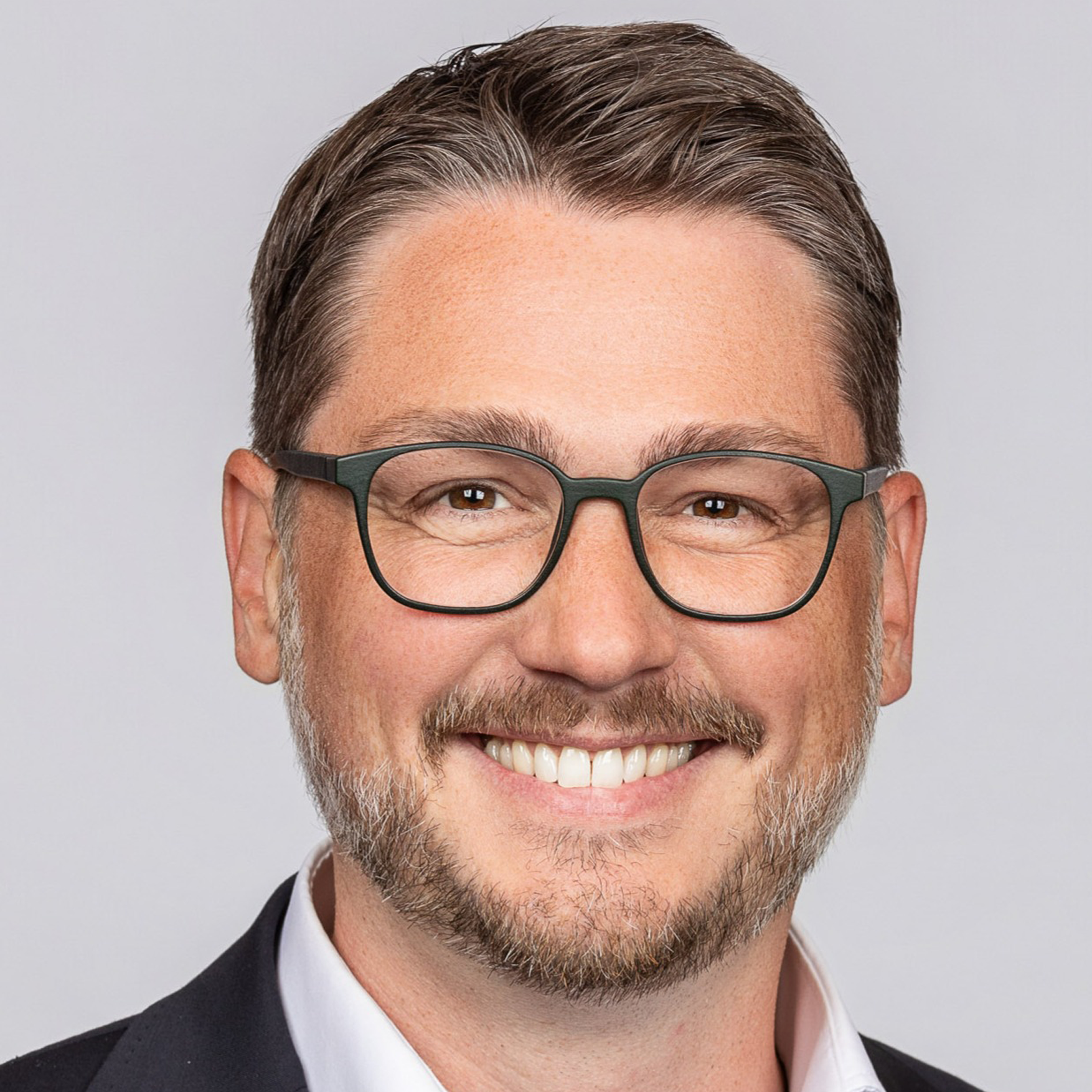
David Richter
PricewaterhouseCoopers GmbH WPG, Germany
Partner, PwC Germany Lead Health insurance
David Richter is a partner at PricewaterhouseCoopers GmbH WPG (PwC), where he leads PwC's health insurance consulting services in Germany. As part of the Actuarial Risk Modelling Services leadership team, he oversees PwC’s EMEA-wide initiatives in Actuarial Modernisation. David earned his degree in Mathematics, specializing in Functional Analysis, from the Rheinische Friedrich-Wilhelms-Universität Bonn. Drawing on five years of experience as an actuary in a major German health insurer’s mathematical department, he joined PwC in 2014.
Beyond his professional activities, David is committed to the actuarial community. He has shared insights as a speaker at the ICA 2018 in Berlin and regularly leads seminars for both the Deutsche Aktuar-Akademie (DAA) and the European Actuarial Academy (EAA) on topics such as Health Insurance and Actuarial Modernisation. Additionally, he contributed to various working groups within the Deutsche Aktuarvereinigung (DAV), advancing actuarial science and practice. Together with his team, David spearheads innovative solutions in health insurance, actuarial modernization, and insurance transformation.

Iris Nonneman
Achmea, senior data scientist
Iris Nonneman is a data scientist and certified actuary. She works as a senior data scientist at Achmea. She holds a MSc degree in Actuarial Science and Financial mathematics from the University of Amsterdam.
She is an active member of the Dutch Actuarial Association and leads the subworkstream on developing AI case studies within the AI Task Force of the International Actuarial Association. Previously, she co-founded the Dutch Young Actuary committee. She served on the Dutch Actuarial Data Science committee for over four years, during which she was involved in organizing a data hackathon focused on health and vitality.
Additionally, she regularly speaks at conferences and provides workshops.
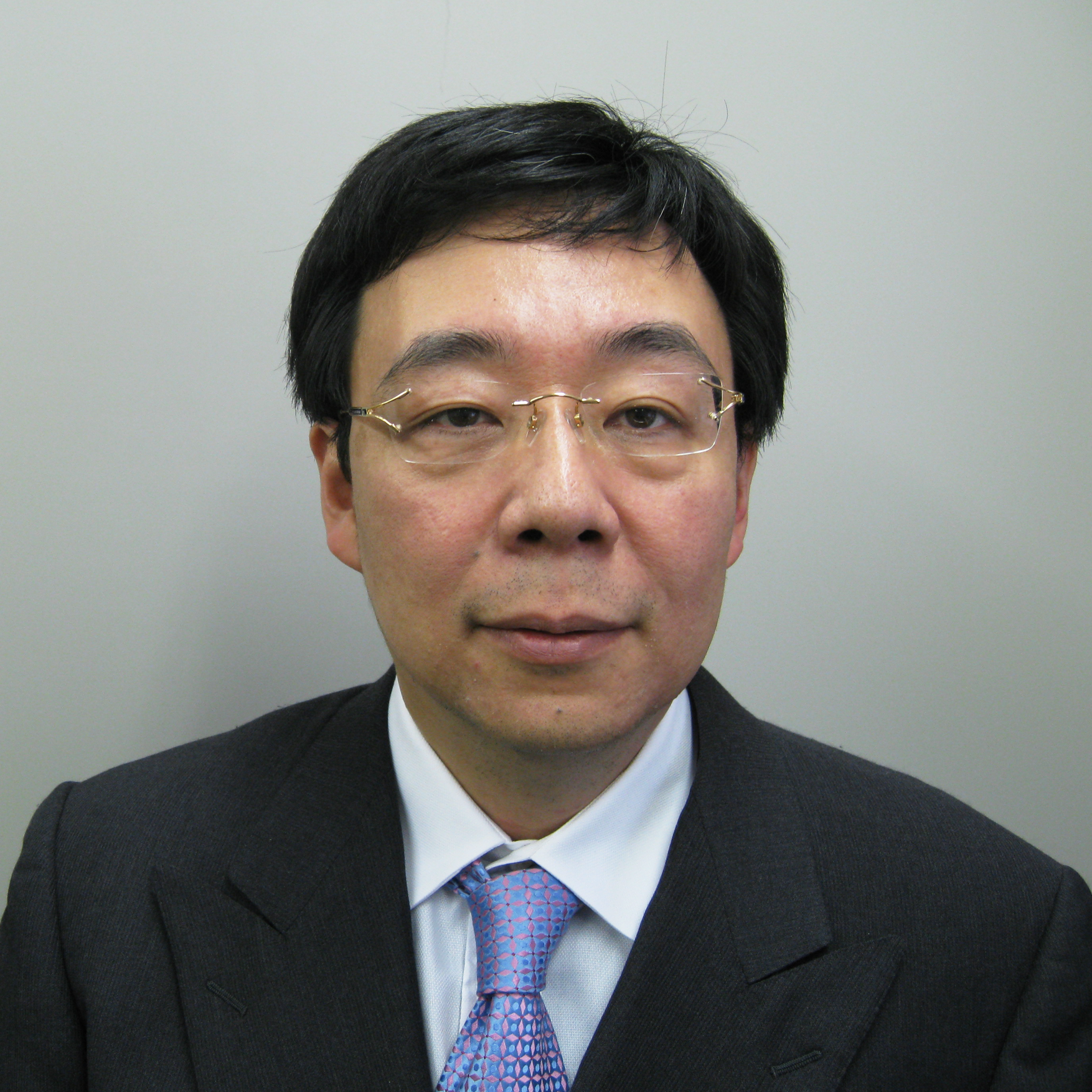
Toshiki Mano
Chuo University Prof.
Toshiki Mano MD PhD MBA
Chuo University, Tokyo
Professor for Graduate School of Strategic Management 2018-present
Nagoya University, Nagoya
Visiting Professor for Institution of Innovation for Future Society 2020-Present
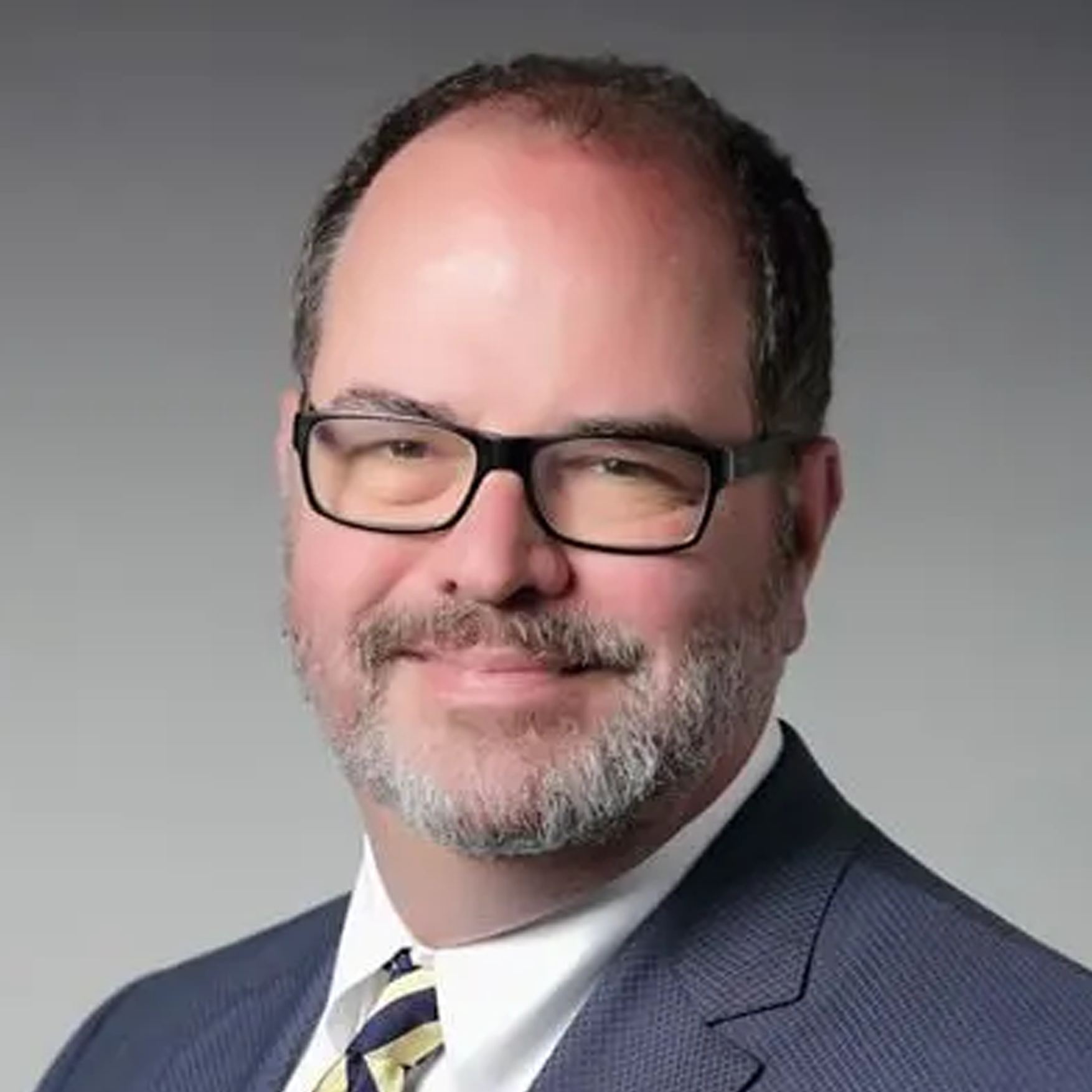
Tom Snook
FSA, MAAA
Principal, Consulting Actuary
Tom Snook is a Principal, Consulting Actuary at Milliman. In 2020, Tom assumed the role of Milliman’s Global Practice Director - Health. In this role, Tom has leadership responsibility for the Milliman Health Practice’s growth, development, quality control, and public relations. He also serves on the Milliman Board of Directors and chairs its Health Steering Committee.
Tom is a frequent speaker at Society of Actuaries and other professional industry meetings. he has been an active author and speaker on topics relating to value-based reimbursement, including:
・ Trust but verify: best practices in third-party validation in provider risk contracts
・ Risk-Adjustment and Related Issues in Episode-Based Payments
・ Winning strategies: common themes in successful Medicaid managed care plan
He has been a member of the General Committee of the Actuarial Standards Board and served on the Uninsured Working Group of the American Academy of Actuaries. He currently serves on the Advisory Board of the Arizona State University Actuarial Science program.
Securing income for old age in super-aged societies
Population aging has been progressing in many countries around the world, with Japan at the forefront. This trend is expected to accelerate further, with more countries entering super-aged societies.
As aging advances, securing income for old age is becoming increasingly important for both governments and individuals. Since it also affects public finances and economies, addressing this issue is a common global challenge.
Income security in old age can be supported through pension systems, both public and private, as well as through individual efforts such as savings and continued employment. In many countries, pension systems have played a vital role.
In Japan, in response to the aging population, the public pension system has adopted a new scheme called the "Macro-Economic Slide Formula." Additionally, various reforms have been implemented to enhance private pension such as corporate pension and individual pension, including DB (Defined Benefit), DC (Defined Contribution), and iDeCo (Individual-type Defined Contribution pension plans).
Similarly, other countries have also undertaken various institutional reforms and developed countermeasures to maintain and improve their pension systems over the medium to long term in response to aging.
As aging continues and work styles diversify, it is important to consider countermeasures to ensure income security in old age under such changing circumstances.
In this session, each speaker will provide an overview of the current state of income security in old age, focusing on public or private pension systems in Japan and other countries (Germany, UK).
They will also propose ideas on the challenges we face now and in the future, and what countermeasures might be taken to address them. This includes discussing the ideal balance between pension systems and individual efforts.
Following the presentations by the speakers, we will move into a panel discussion and open the floor for questions from the audience.
Based on the discussions in this session, we hope that each participant will consider what countermeasures are desirable for securing income in old age and how to apply these ideas in their own countries.
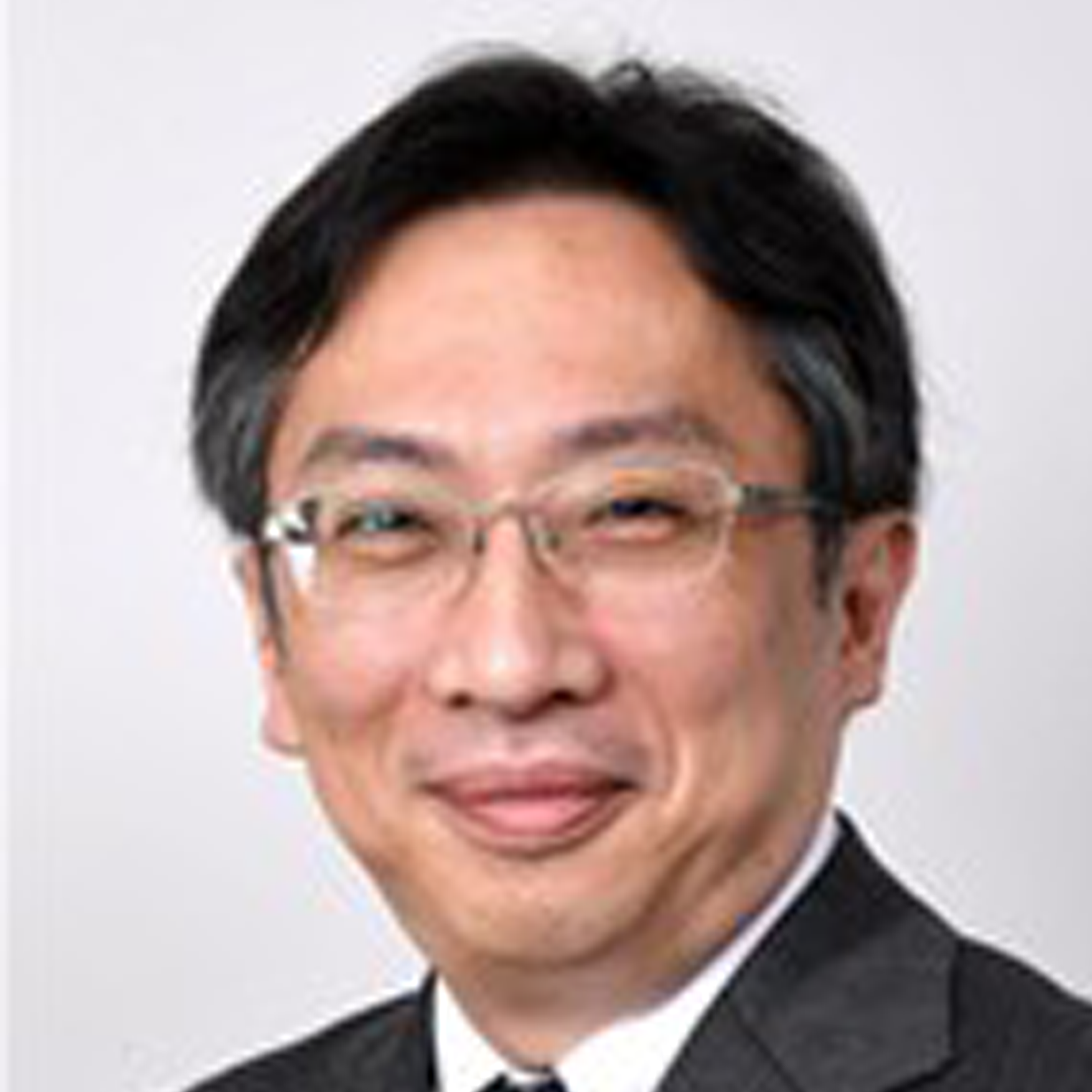
Akihiro Hotta
Deloitte Tohmatsu Risk Advisory LLC, Partner, Financial Services
Akihiro Hotta joined DTT Japan in 2001. He has over 30 years of advisory experience in employee benefit fields.
He has extensive experience in the areas of pension audits, defined benefit and defined contribution plan design, and pension due diligence.
・Certified Pension Actuary
・Fellow of the Institute of Actuaries of Japan
・Vice Chair of the Japanese Society of Certified Pension Actuaries
・Chair, Committee on internal relations, JSCPA

Peter Devlin
Deloitte Consulting GmbH, Partner, Human Capital
Peter is a Partner of Deloitte Consulting in Germany. He is responsible for advising clients on the implementation of the EU Pay Directive, pensions (valuation, funding, accounting and M&A), broad based and executive compensation and other Total Reward issues and has 35 years’ experience of advising clients on these issues. Prior to moving to German he was a pensions actuary and investment consultant based in London, UK. He has written numerous articles on German and international benefit & compensation issues and is co-author of the recently published “Review of ESG reporting among global pension plans and a proposed reporting framework” paper. He is currently Deloitte’s Lead Global Pensions Actuary. He is a Fellow of the Institute of Actuaries, has BSc(Hon) from City University and an MA from SSEES, University of London. He is based in Munich and speaks both English and German.
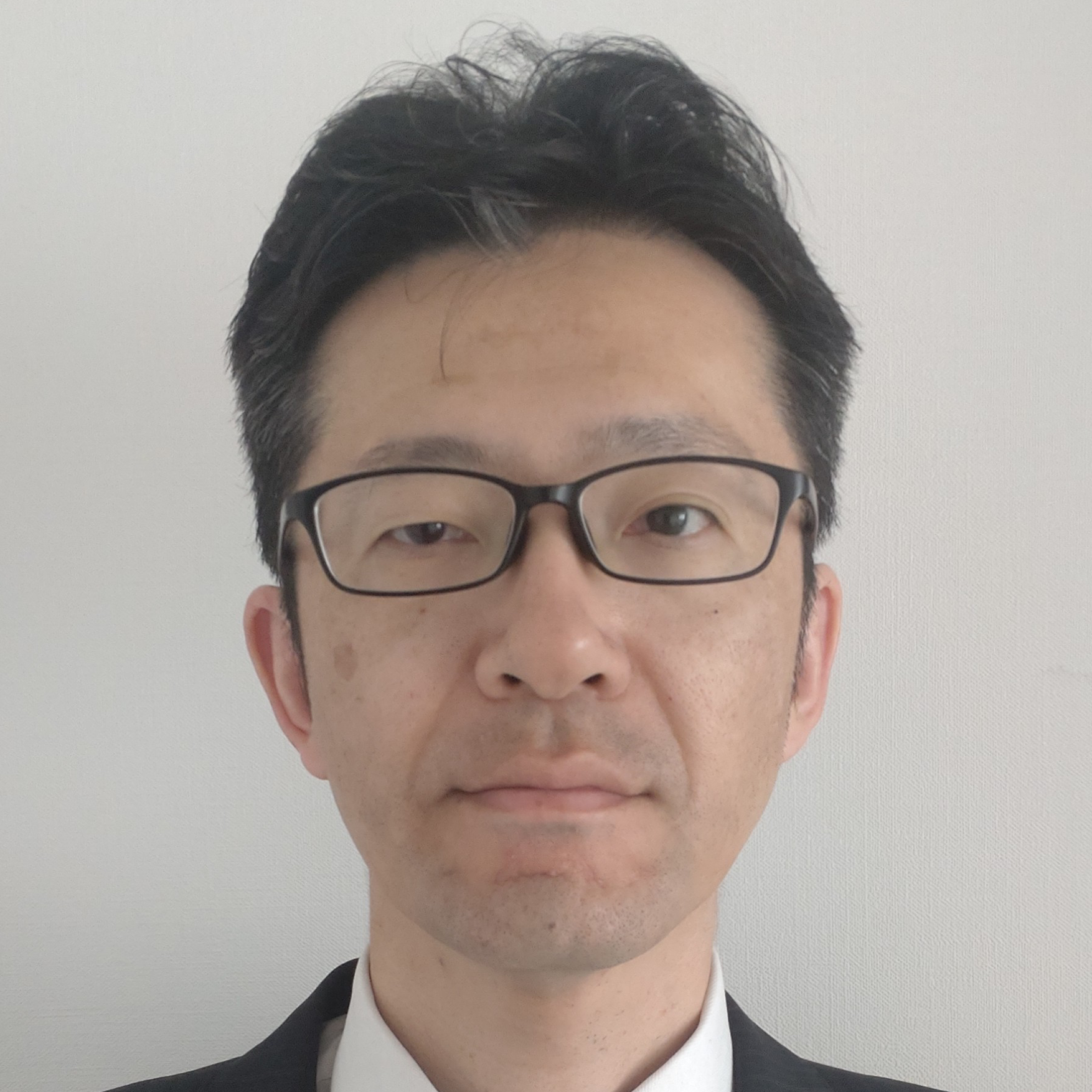
Kenji Suzuki
Director
Actuarial Affairs Division, Pension Bureau
Ministry of Health, Labour and Welfare
After graduating from University of Tokyo with a major in Mathematics, Kenji Suzuki has worked for MHLW for 25 years. In MHLW, he involved in Actuarial valuation of the national pension, statistical analysis of public health insurance and evaluation of social insurance reforms. Especially, he played a key role in 2014 Actuarial Valuation and pension reform. He also has MSc in Applied Mathematics, with mathematical modeling of infectious disease, which helped MHLW to deal with COVID-19 pandemic.
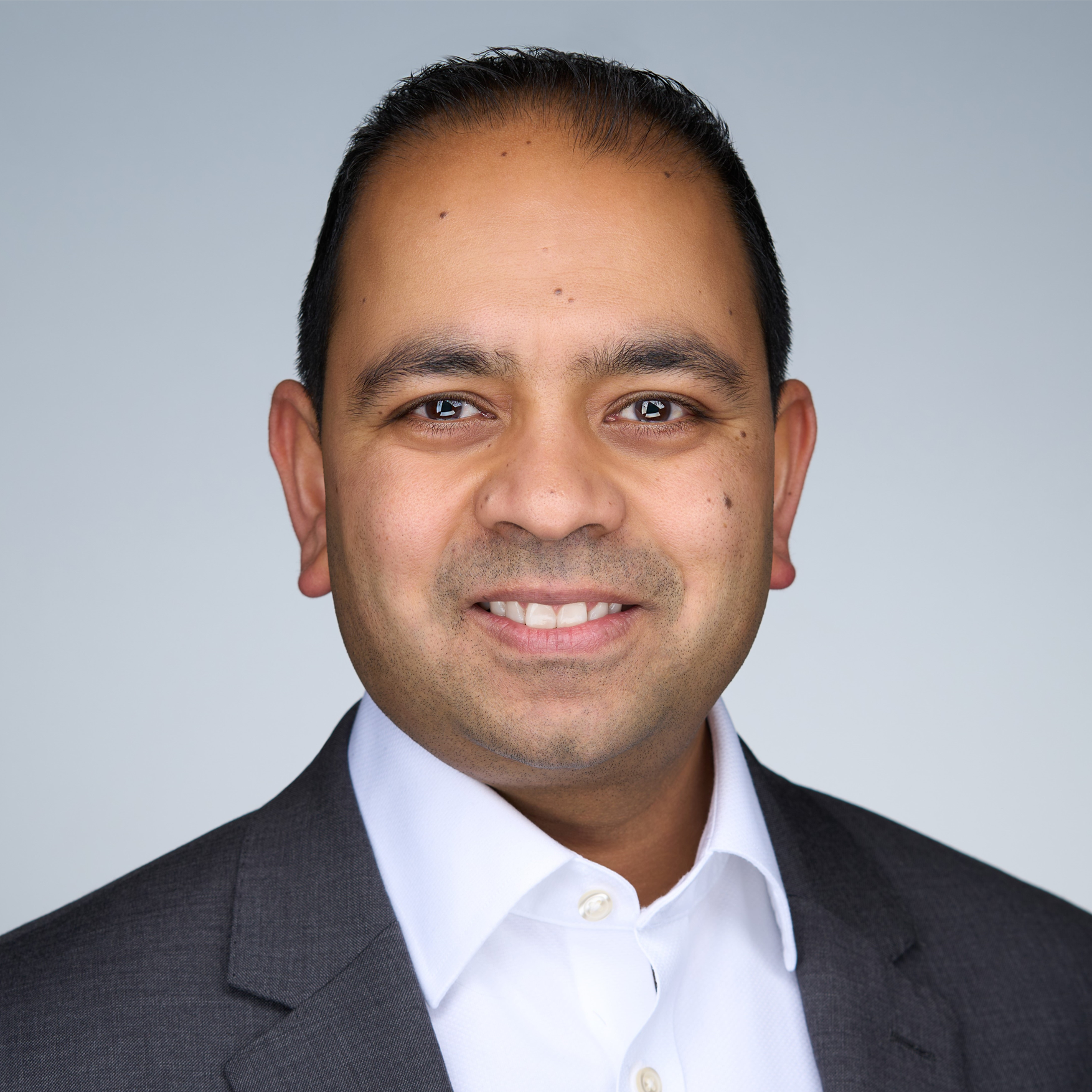
Rupen Shah
Pacific Life Re; Managing Director, Asia Pacific & Individual Retirement, Savings & Retirement
Rupen is Managing Director, Asia Pacific and Individual Retirement for Pacific Life Re’s Savings and Retirement business.
Rupen has over 25 years of experience in the Global Life Reinsurance Industry spanning several reinsurers. Prior to joining Pacific Life Re in 2024, he spent 15 years at SCOR, where he was most recently CEO of SCOR’s Longevity and Financial Solutions global business lines. Amongst a long list of life reinsurance transactions, Rupen’s experience includes executing the first ever pension scheme longevity swap in Canada and initiating a long term reinsurance partnership with the UK’s largest writer of medically underwritten guaranteed lifetime income policies.
Four Years after IFRS 17 Implementation: What Has Changed? What Lies Ahead?
By November 2026, when ICA2026 will be held, it will have been approximately four years since the implementation of IFRS 17. During this period, IFRS 17 has become established in many countries, regions, and insurance companies, while various challenges and issues also has emerged. Prior to the introduction of IFRS 17, each country had its own standards for the valuation of insurance liabilities and accounting practices, leading actuaries to discuss and address issues within their own jurisdictions. With the adoption of IFRS 17 as a global standard, actuaries now share a common framework. However, opportunities for actuaries to discuss and share challenges and experiences on a global scale remain limited.
This session will take the form of a panel discussion, featuring actuaries who have contributed to the implementation of IFRS 17 in various regions. The panelists will share their experiences regarding the introduction of IFRS 17, as well as the changes observed in insurance company management strategies and communication with stakeholders following its adoption. Furthermore, the session will explore the extent to which IFRS 17 has become established in different countries, and discuss the ongoing and future challenges that actuaries and insurance companies face under the new standard. Audience participation will be encouraged through Q&A and open discussion.
This session aims to bring together actuaries from diverse backgrounds to share the current status and challenges of IFRS 17 implementation. Such discussions are expected to significantly contribute to the global actuarial community by promoting a deeper understanding of IFRS 17, advancing actuarial practice related to the standard, and supporting the further establishment and dissemination of IFRS 17 worldwide.
Through this session, both actuaries who are directly involved with IFRS 17 and those who are not will have the opportunity to learn about best practices and future challenges from around the world. Participants will be able to take away practical insights that can be applied to their own work, and deepen their understanding of the current state and future direction of IFRS 17. We hope this session will serve as a valuable forum for actuaries to connect, learn, and contribute to the ongoing evolution of actuarial practice in the era of global accounting standards.

Marika Guralnik
Ergo Forsikring
Chief Underwriting Officer (CUO), Member of the Board of Management
Marika Guralnik is the Chief Underwriting Officer and a Member of the Management Board at ERGO Forsikring, overseeing product management, underwriting, and pricing strategy across the Nordic region. She has extensive experience in actuarial and insurance management, with a career that spans the Baltic and Nordic markets, including hands-on leadership of IFRS 17 implementation at Compensa Life Vienna Insurance Group SE.
Marika is a President of Estonian Actuarial Society.
At the International Actuarial Association (IAA), she serves as Vice Chair of the Advance Committee and Vice Chair of the Supranational Relations Subcommittee, fostering collaboration between the actuarial profession and global institutions. She previously contributed to the IAA ISAP 4 Task Force, helping to develop international guidance for actuaries on performing services related to IFRS 17 Insurance Contracts.
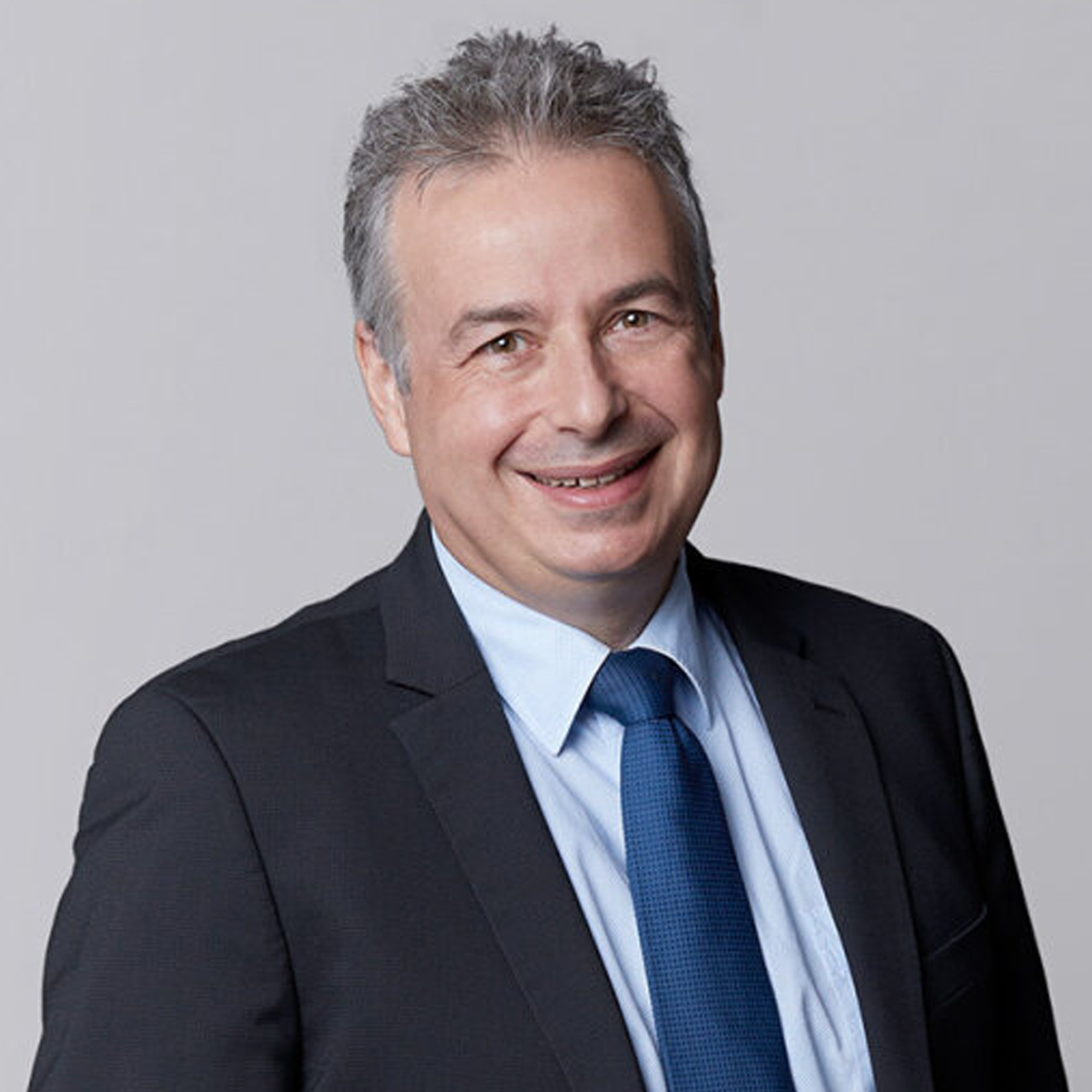
Thomas Béhar
Deputy Chief Executive Officer & Chief Risk Officer of CNP Assurances, Associate Actuary
Thomas BEHAR, graduate of the Ecole Polytechnique (class of 1990), ENSAE (National School of Statistics and Economic Administration) and Associate Actuary of the Institute of Actuaries. He is also a general engineer of the Mines.
He began his career at the Insurance Control Commission.
In 1999, he joined the Caisse des Dépôts et Consignations as head of strategic monitoring of insurance and retirement.
He joined CNP Assurances in 2002 to hold various management positions in management control, accounting and actuarial science, including the actuarial function. He was in charge of the Fast Close and Finance Roadmap 2012 programs to implement Fast Close, IFRS 17 and now CRSD.
Appointed as a member of the Executive Committee in September 2013, he was promoted to Group Chief Financial Officer in December 2017, Chief Financial Officer in 2019, Deputy Chief Executive Officer in 2022, Chief Financial and Non-Financial Officer in 2024 and Chief Risk Officer in 2025.
He has served as President of the Institute of Actuaries and the European Actuarial Association, as a member of the Executive Committee of the International Actuarial Association (IAA) and as a member of the Advisory Committee of the Insurance and Reinsurance Stakeholder Group (IRSG) of EIOPA.
In addition, in September 2021, he was appointed President of the Economic and Financial Commission of France Assureurs.
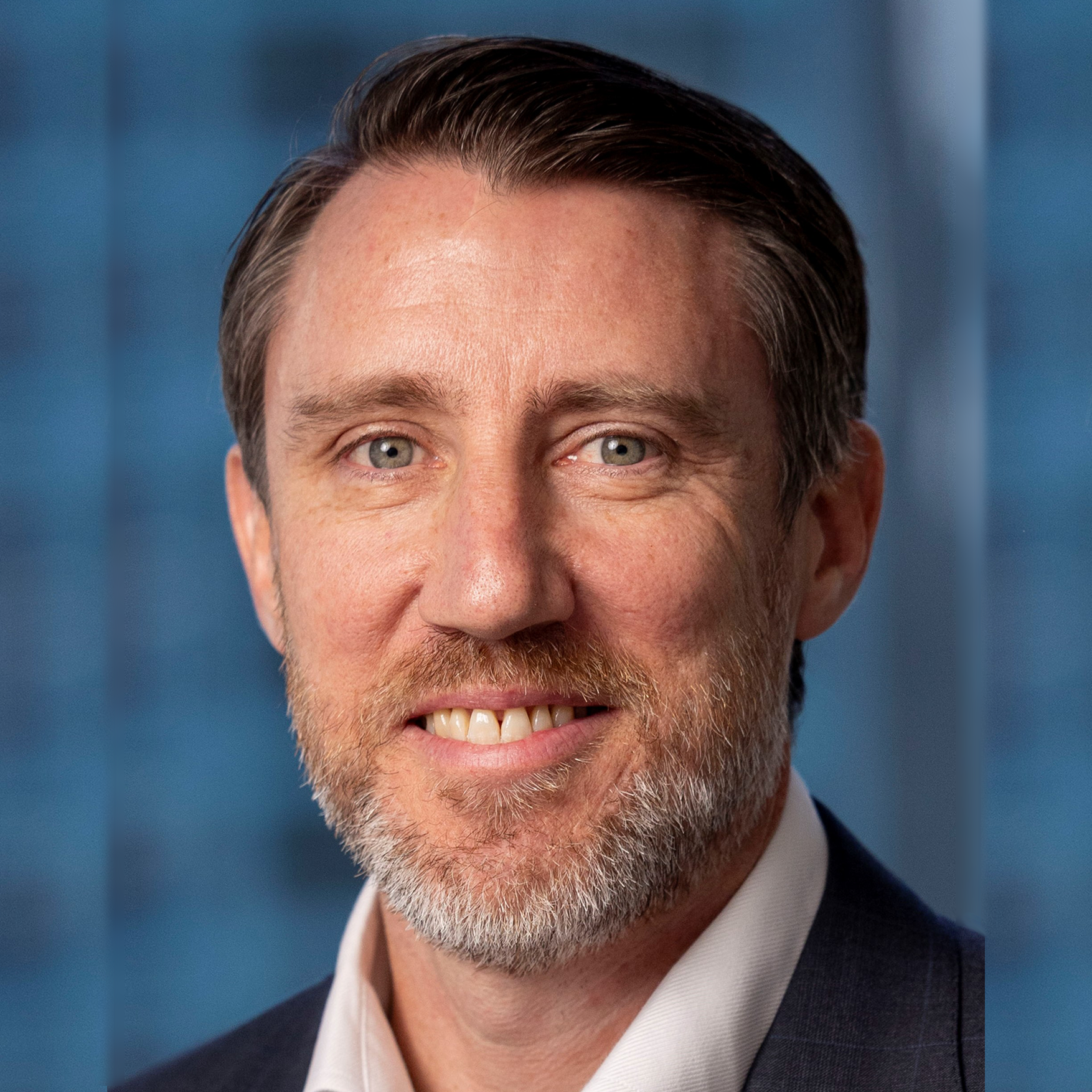
Joshua Corrigan
Appointed Actuary of TAL, the Australian life insurance subsidiary of Dai-ichi Life
Josh is and has been the Appointed Actuary of TAL for over a decade, the last five years as the TAL AA, and before that the Suncorp Life Appointed Actuary. More recently he also acts as the Finance General Manager business partner to the Group Life and Retirement business. He plays a critical role in governing the management of insurance risk at TAL and the overall financial management of TAL. Over his 30-year career, he has led multiple and diverse actuarial teams and is a recognised industry leader in life insurance and risk management in Australia. He has also consulted to a wide variety of global life insurance multinationals as a Principle for Milliman consulting in London working across Europe, Asia and America.
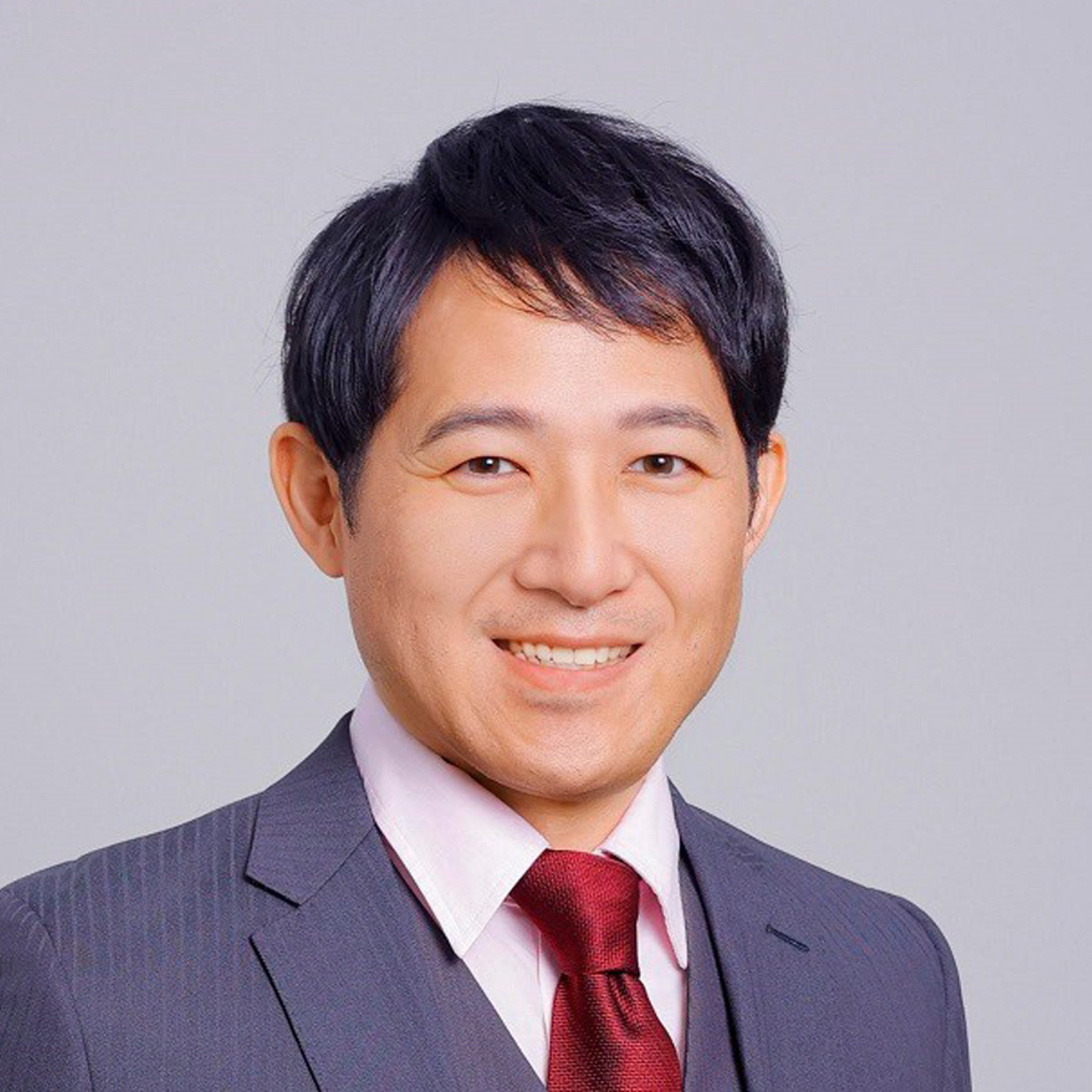
Kenichi Yamaoka
Sompo Japan, Senior Deputy Manager
Kenichi Yamaoka is a Fellow of the Institute of Actuaries of Japan, working in the Accounting Department of Sompo Japan Insurance Inc.
His main responsibility is the valuation of insurance reserves under IFRS17.
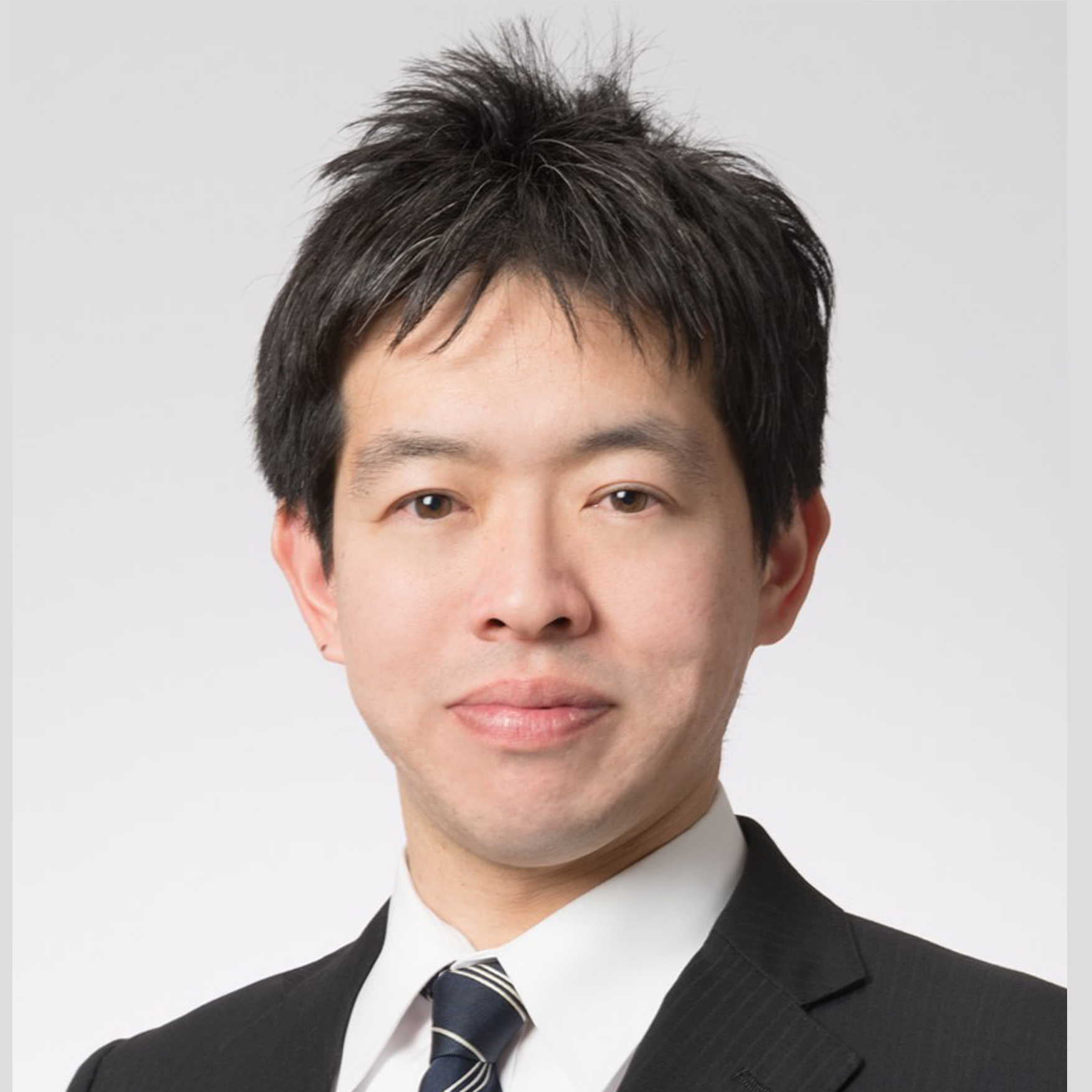
Taishiro Takeda
PwC Japan / Partner
Taishiro Takeda is a partner at PwC Japan’s actuarial practice, with over 25 years of experience in audit and advisory services. He specializes in delivering a broad range of actuarial, accounting, and regulatory solutions to both domestic and international life and non-life insurance companies. As an actuarial lead, he has played a key role in numerous advisory projects, including IFRS17 implementation, IFRS / US GAAP conversion, economic and regulatory capital implementation, model validation and M&A support, in addition to actuarial audit support. From 2014 to 2016, he was seconded to PwC’s New York office, where he was actively involved in various audit and advisory engagements for U.S. life insurance companies. Taishiro is a Fellow of the Institute of Actuaries of Japan and a Japan Certified Public Accountant.
ICS and Beyond ICS of Prudential Regulation
ICA2026 will be held immediately after the start of reporting under ICS.
At this opportunity, we are planning to review the ICS and beyond ICS prudential regulation entirely in this session.
We first consider key points of ICS, maybe with the topics discussed in the way of determining ICS. We also show the key points of the aggregation method about US GAAP with its equivalence assessment.
Then we show how ICS is (or will be) implemented in various regions in the world. ICS is basically applied to International Active Insurance Groups (IAIGs), but some entities will require reports on ICS-like regulatory standards. Besides such variations, we may give you some practical insight into ICS application from the insurer’s side.
Next, we proceed on the future of ICS, like ICS application reviews. We also consider “beyond ICS”, other topics of prudential regulation recently. They may include asset intensive reinsurance (AIR), alternative investments and so on.
Through the session, we aim to provide materials for considering future prudential regulation, including ICS but also “beyond ICS”.
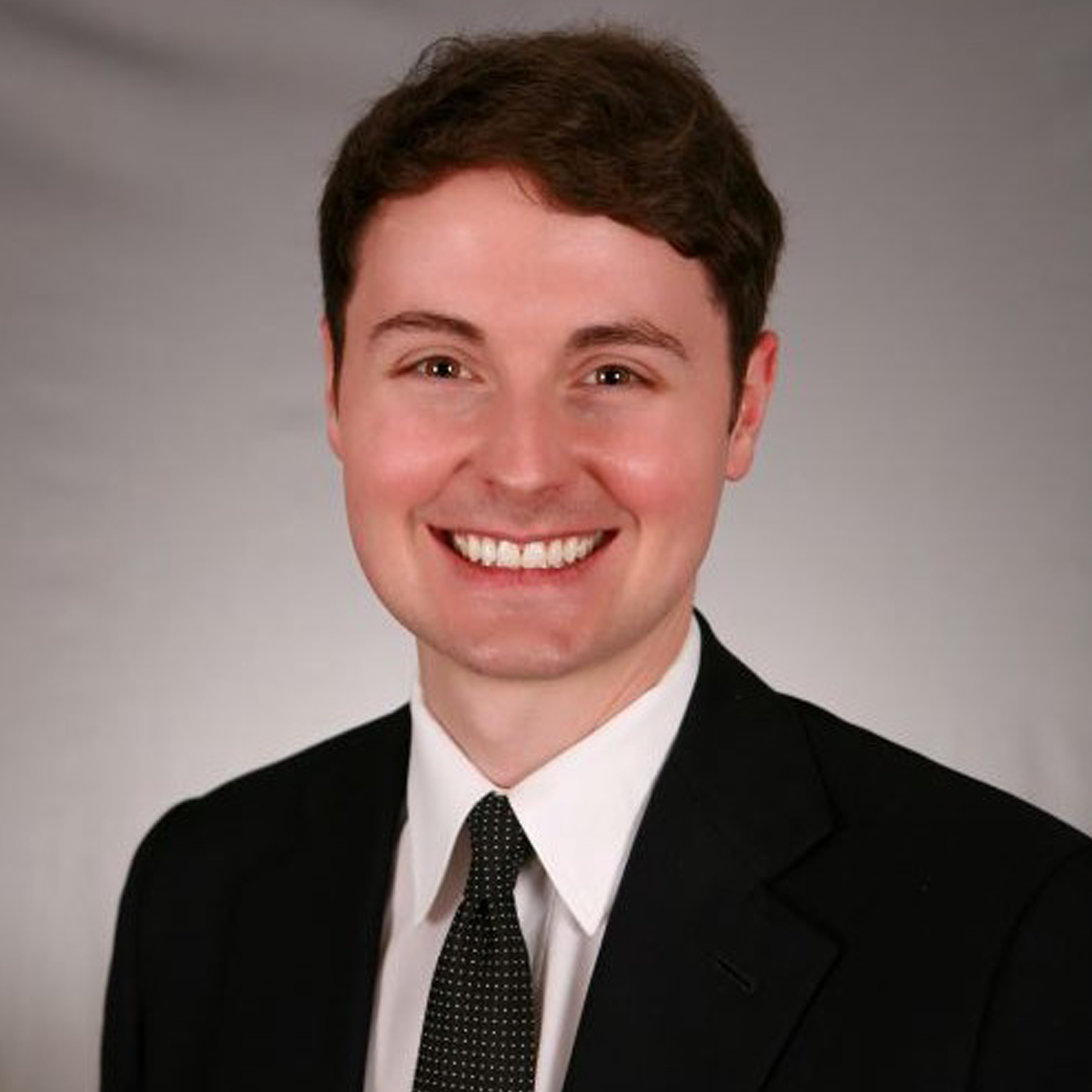
Sean Voien
CRO, Talcott Re
Sean is responsible for Risk Management of Talcott Financial Group’s Bermuda and Cayman operations. Prior to joining Talcott, Sean was a Chief Actuary at Prudential Financial. As part of his responsibilities at Prudential, he was integral to the company’s advocacy for the development of risk-prudent SIFI and IAIG capital frameworks and regulatory supervision. Prior to Prudential Financial, Sean worked in various other actuarial and finance leadership roles in Tokyo for six years at MetLife Japan and Manulife Japan. Sean has a Bachelor of Science in Actuarial Science from the University of Nebraska-Lincoln (USA).
How can we collaborate to develop the actuarial capacities in emerging markets?
As climate change accelerates, natural disasters are becoming more frequent and severe. Developing countries, which are more vulnerable to these impacts, increasingly require the spread of insurance coverage. To close the protection gap in these markets, what roles should actuaries play? What hurdles must be overcome? How can we work together to achieve this? These questions will be discussed in the session.
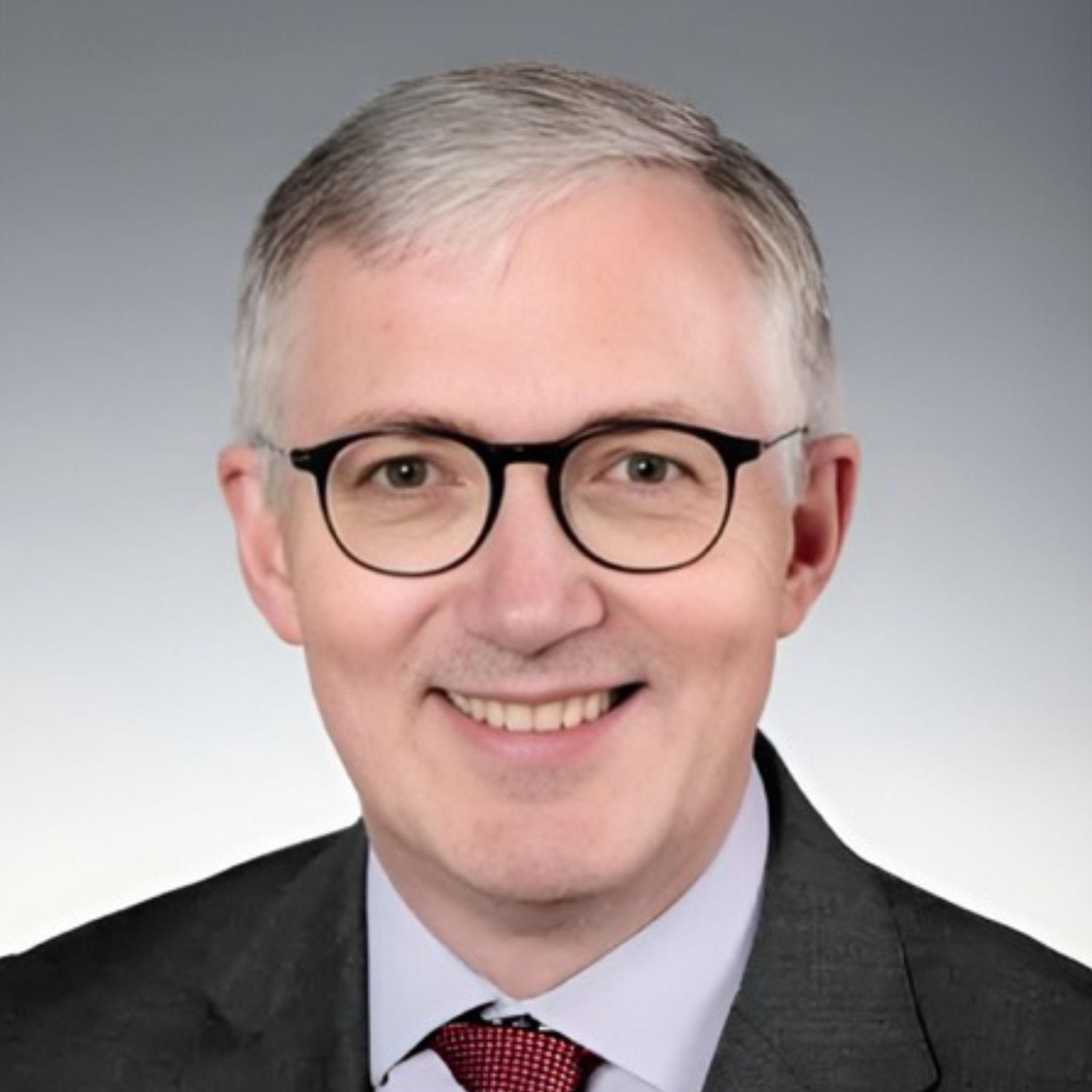
Dermot Corry
President & CEO - Milliman
Dermot Corry has been Milliman’s President and Chief Executive Officer since 2022.
Milliman is an actuarial and consulting firm with over 5,000 employees in over 30 countries. Its mission is to assist its clients to protect the health and financial welfare of people everywhere. Milliman leverages deep expertise, actuarial rigor, and advanced technology to develop solutions for a world at risk.
Milliman is a proud partner of the United Nations Development Programme in the Global Actuarial Initiative (GAIN). GAIN focuses on building actuarial expertise in developing countries to help manage risks associated with climate change, poverty, and other economic challenges. The initiative recognizes that effective risk management is crucial for sustainable economic development and that actuaries play a vital role in quantifying and managing these risks.
From 2009 to 2015, Dermot was a leader of Milliman’s Dublin (Ireland) office. From 2016 to 2021, he served as the firm’s Global Life and Financial Services Practice Director. Prior to joining Milliman, Dermot spent 20 years with the Irish Life group of companies.
Dermot served as the President of the Society of Actuaries in Ireland from 2013 to 2015 and remains a Fellow member of the Society.
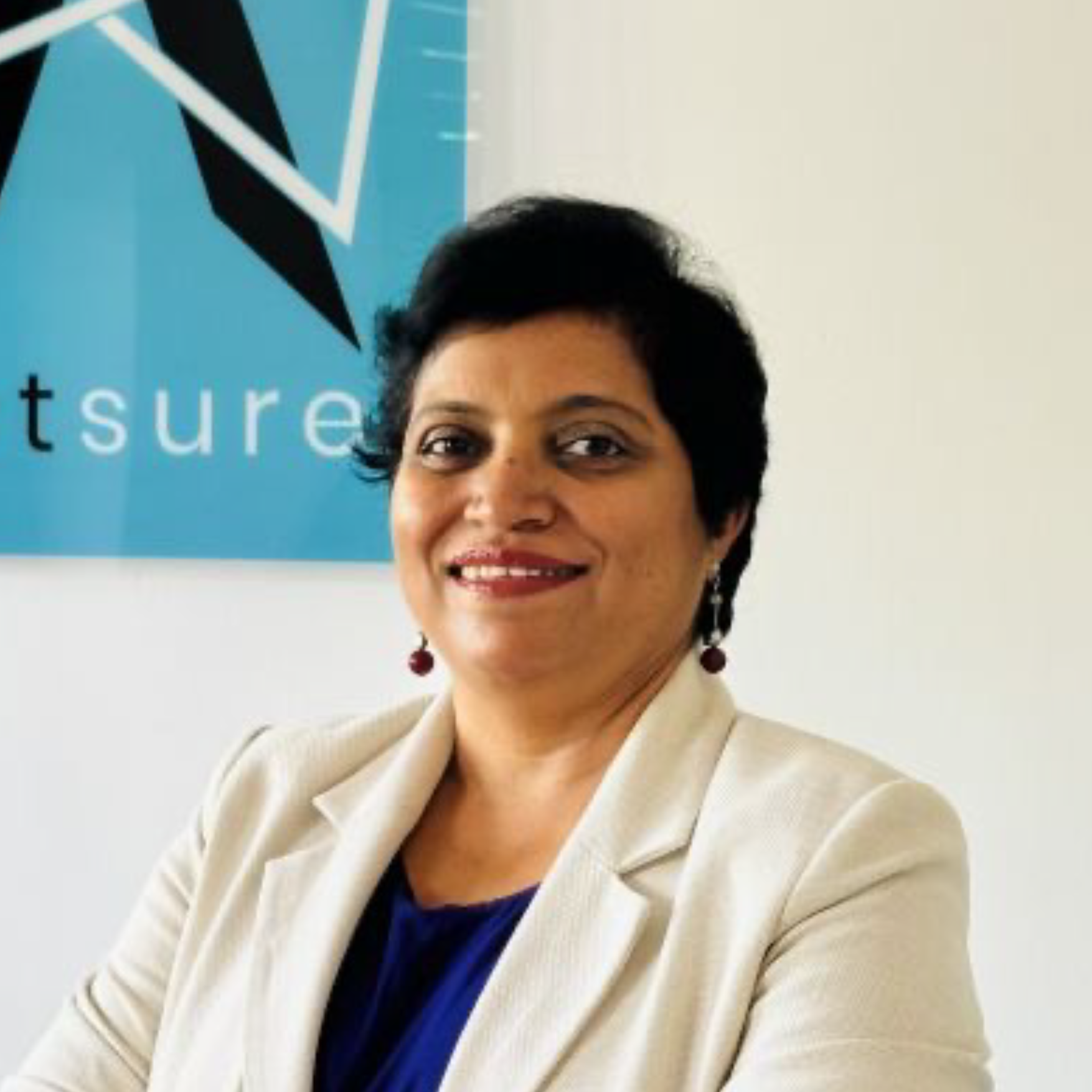
Thanuja Krishnaratna
Actuarial Association of Sri Lanka /
Executive Director - Actsure Lab
Thanuja is a Chartered Actuary (Associate) of the Institute and Faculty of Actuaries UK (IFOA). She holds a bachelor’s degree in mathematics from the University of Colombo, Sri Lanka, Master’s in Actuarial Science Heriot Watt University, Scotland, UK and Post Graduate Diploma in Actuarial Management from Heriot Watt University, Scotland, UK.
Thanuja is a founder member of Actuarial association of Sri Lanka. She is one of the past presidents of Actuarial Association of Sri Lanka. She is an active volunteer at IAA for more than 15 years and currently serves as the vice chair of the Asia Subcommittee of the membership assistance committee of IAA.
Thanuja has more than 25 years of experience in Actuarial Profession in Sri Lanka. She is the co-founder and the executive Director of Actsure Lab (pvt) Ltd, a boutique Actuarial Consulting firm based in Sri Lanka. Thanuja is serving for life, non-life and other industry clients in Sri Lanka and Overseas. She has worked for two major life insurers, Ceylinco Life and Union Assurance PLC in her early career and later moved to actuarial consulting and education.
Thanuja has actuarial experience of many areas such as Actuarial valuations, Risk based capital solvency reporting for Life and Non-life insurance, and solvency projections Life Insurance pricing, Non-Life reserving, IFRS 17, Actuarial training, Risk management, Life Insurance profit projection, Training for Non-Actuaries (sales, marketing, life operation, finance etc.), Micro insurance, Benefit and Gratuity valuation, Training and building Actuarial teams, Market research, Experience review, Reinsurance optimization, Embedded value calculations etc.
Thanuja also works as a strategic actuary for insurance companies in providing technical and strategic advices for company’s growth and development.
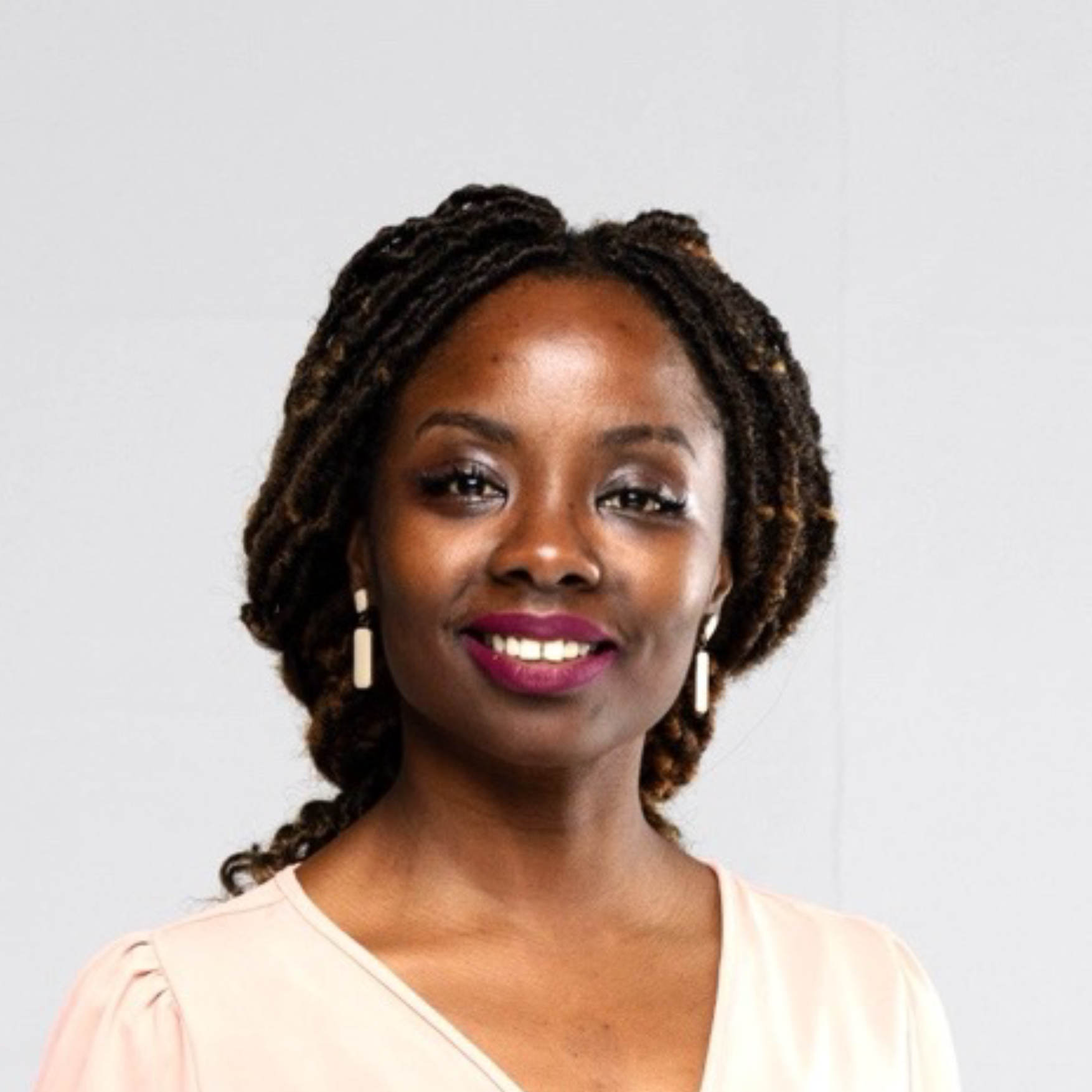
Mukami Njeru
Head of life and micro insurance,
ZEP-RE PTA (PTA Reinsurance Company)
Mukami Njeru FIA CERA is a strategic business executive with over sixteen years’ experience in various fields in the financial services industry including twelve years post qualification. She has held both consulting roles and in-house roles within financial services firms in Asia-Pacific, Europe and Africa; including reporting to boards and being part of management boards. Her recent role she serves as the Head of Life and Micro insurance at Zep-Re PTA. Prior to this, she led the Actuarial function in PwC West Africa and looked after the Life and Health portfolio of Swiss Re’s East and West African insurance clients. She was also Group Actuary of CIC Group.
Mukami is a qualified risk actuary with business and financial acumen and a proven record of accomplishment in using technical skills to support strategy execution and project execution; actuarial modelling; financial planning; risk and capital management. She is highly skilled in supporting various financial services entities to review the appropriate solutions to their strategic business problems.
In addition, she has contributed extensively to the actuarial profession in Africa and internationally – she was elected as the first member from East and Central Africa to the council of the UK Institute and Faculty of Actuaries (IFoA) to contribute to the strategy of the global actuarial profession where she has been serving for the last 4 years. She has also served as a council member of The Actuarial Society of Kenya (TASK) including roles in key office bearer positions of Secretary and Vice-Chairperson for over 8 years. She was instrumental in establishing the Actuarial Academy of East Africa which has acted as a proof of concept for AADA. She also serves as a board member of the International Association of Consulting Actuaries.
Mukami has received various industry awards including Kenya’s Business Daily list of top 40 under 40 women. Also worth mentioning that she is the first female actuary in Kenya.
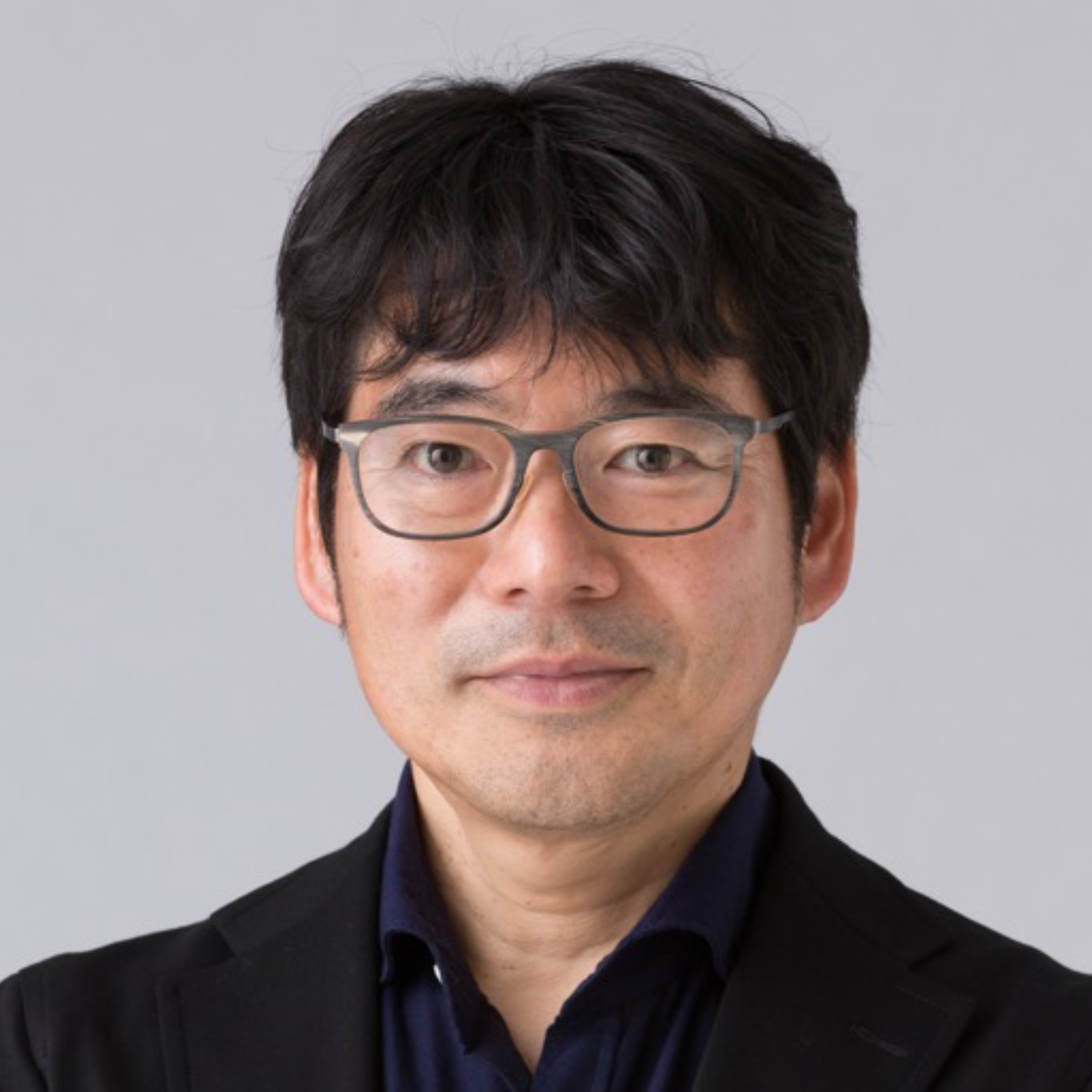
Kenji Sekine
Founder & CEO, Will Planet, Inc., Senior Advisor, Asia Africa Investment Consulting
Mr. Sekine is the Founder & CEO of Will Planet, a Japan-based social impact and investment platform dedicated to bridging Japan and Africa through financial innovation, healthcare system reform, and technology transfer. He also serves as a Senior Advisor to AAIC (Asia Africa Investment & Consulting), Japan’s leading Africa-focused investment and advisory firm.
Under his leadership, Will Planet is mobilizing Japanese institutional capital and expertise to support inclusive insurance, national health financing, and sustainable development projects in Botswana, Malawi, and Kenya. His mission is to create tangible social and economic impact by linking Japan’s advanced know-how with Africa’s emerging opportunities.
Prior to founding Will Planet, Mr. Sekine was a strategic business leader at Marsh McLennan in Tokyo, where he led enterprise-wide group business strategies across four operating companies—Marsh, Mercer, Guy Carpenter, and Oliver Wyman in the insurance and consulting sectors.
He has been deeply involved in actuarial capacity building across developing nations through his long-standing engagement with the Institute of Actuaries of Japan (IAJ) and the International Actuarial Association (IAA). In 2025, he was appointed as Co-Chair of the IAA Membership and Assistance Committee, where he now plays a global leadership role in strengthening actuarial capacity and supporting emerging markets across Asia and Africa.
Leadership in an Age of Disruption: Embracing Change, Inspiring Growth
In today’s rapidly evolving insurance landscape, leaders are expected to navigate complexity, foster innovation, and build resilient organizations. This session will examine the leadership capabilities required to thrive in such an environment, and how actuaries and other professionals can contribute to shaping the future of the industry.
The session will be moderated by Mr. Hiroshi Shimizu, Chairman, Nippon Life Insurance Company. It will begin with a session keynote by Professor Masahiro Kotosaka, Keio University, who will reflect on leadership in an age of disruption.
A panel of distinguished global executives-including Mr. Tony Cheng, Chief Executive Officer, RGA, and Mr. Frank Schepers, Global Head of Insurance Consulting & Technology, WTW-will share leadership insights drawn from personal experience. The discussion is expected to explore themes such as the evolving role of actuaries, inclusive and adaptive leadership, and the qualities needed in future leaders. However, the content may flexibly evolve in response to panelists’ perspectives and audience engagement. Interactive elements such as live polling and Q&A will be incorporated to encourage dialogue and reflection.
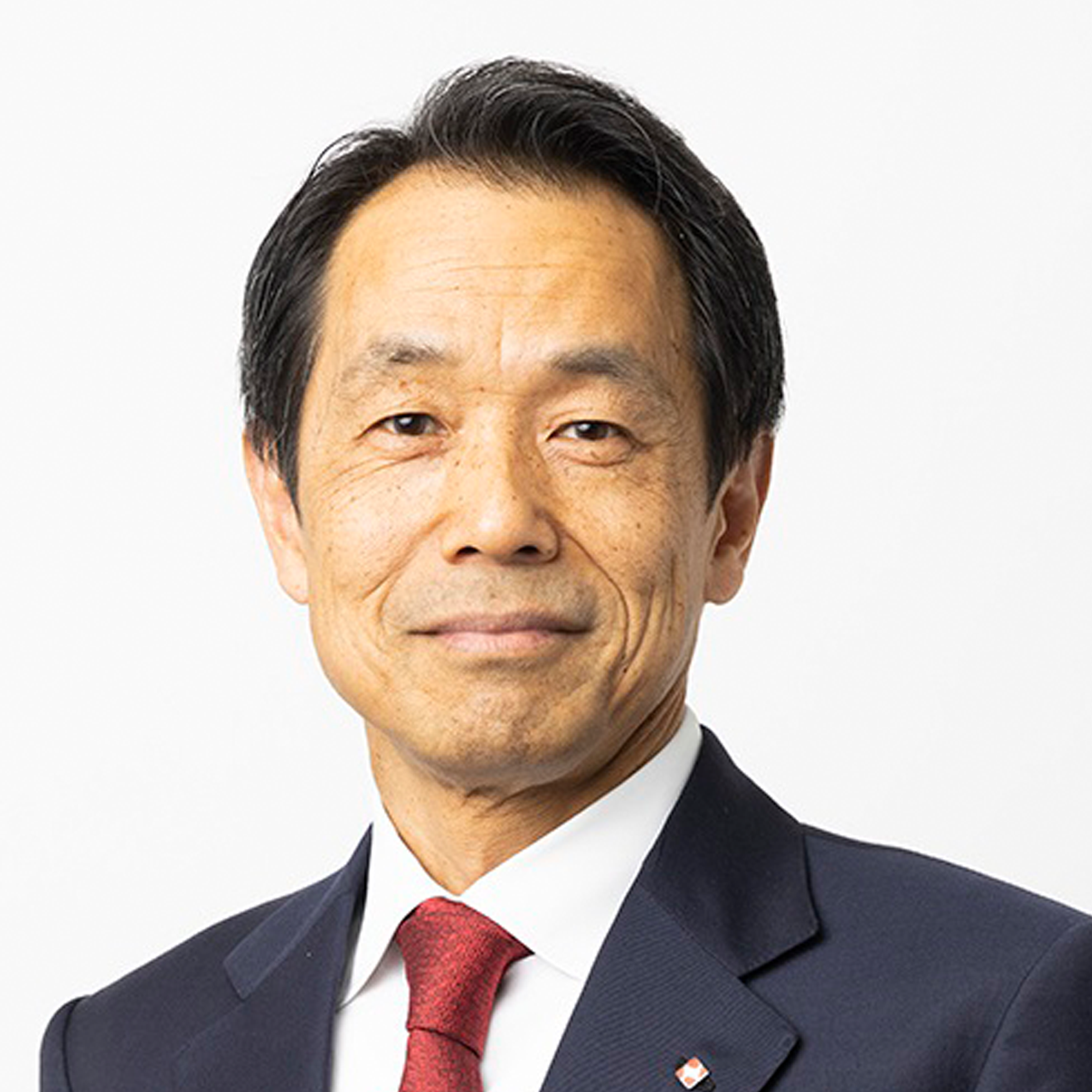
Hiroshi Shimizu
Chairman, Nippon Life Insurance Company
Mr. Hiroshi Shimizu has been Chairman of Nippon Life Insurance Company since April 2025, following a seven-year tenure as President from April 2018. Mr. Shimizu is a Fellow of the IAJ (The Institute of Actuaries of Japan) and since joining the company in April 1983, he has gained experience in various business areas such as corporate planning, actuarial and accounting, and product development.
During his role as General Manager in the Corporate Marketing Department, Mr. Shimizu has contributed to growing the Company’s group insurance and annuities businesses by providing comprehensive service and consultation based on the customers’ needs to Japan’s major leading enterprises.
During his stint as the head of Investment Management Business, Mr. Shimizu has successfully managed assets of over 60 trillion yen and has taken the lead in creating a robust portfolio that can produce stable and secure returns to the customer for the long-term.
Mr. Shimizu graduated from the Faculty of Science of Kyoto University. After joining the company, he has studied at the London School of Economics for about one and a half years. He also had a three-and-a-half-year tenure as visiting assistant professor at the School of Economics, Kyushu University.

Frank Schepers
Global Leader, Insurance Consulting and Technology at WTW
Frank Schepers is the Global Head of Insurance Consulting & Technology (ICT) at WTW, based in Cologne, Germany. With over 30 years of experience, he has held leadership roles across Germany, Northern Central Europe, and the EMEA region before assuming global responsibility in 2022.
Under his leadership, ICT has evolved into a distinctive organization that blends actuarial expertise with advanced technologies such as AI and analytics. Rather than emphasizing technology alone, ICT focuses on integrating actuarial domain knowledge with innovation to deliver practical, forward-looking solutions. Frank leads ICT’s efforts to realize its mission to Innovate and transform insurance together, helping insurers modernize operations and achieve strategic growth through collaborative transformation.
His current focus builds on a strong foundation in actuarial modeling, asset-liability management, and financial reporting. Today, he leads high-impact initiatives including M&A and business transformation.
Frank joined WTW in 1994, qualified as an actuary with the German Actuarial Association (DAV) in 1998, and became a Principal in 2004. He co-chaired the AFIR/ERM track at ICA 2018 and currently serves on the DAV advisory committee for succession planning and development.
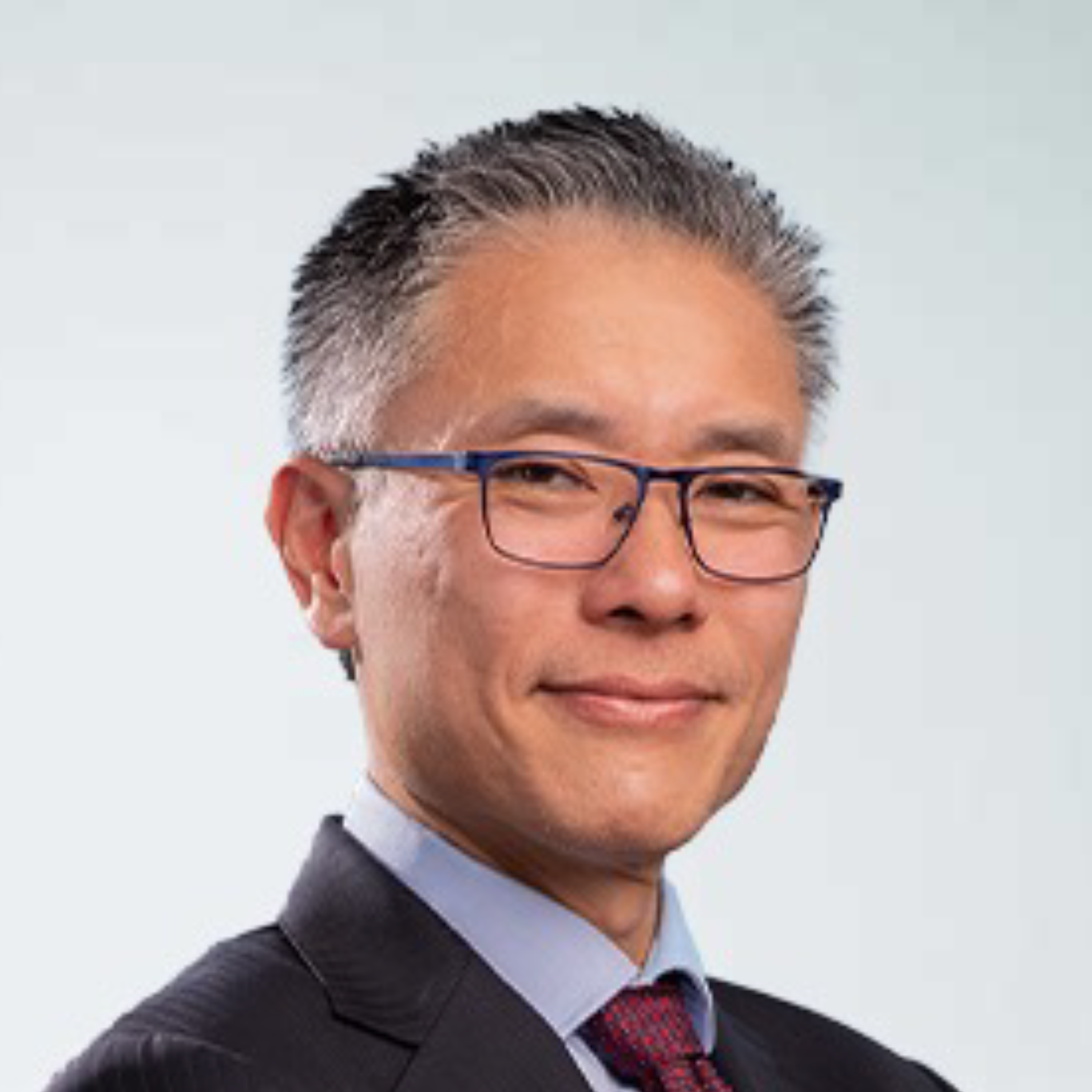
Tony Cheng
Reinsurance Group of America, Incorporated (RGA)
President & Chief Executive Officer
Tony Cheng is President and Chief Executive Officer of Reinsurance Group of America, Incorporated (RGA). He was named President of RGA in January 2023, and prior to that, he served as Executive Vice President, Head of EMEA, Asia, and Australia, for RGA Reinsurance Company, providing executive oversight for its EMEA, Asia, and Australia operations.
Tony joined RGA in 1997 and has been in the life insurance industry more than 25 years. His first role at RGA was as Chief Actuary of Malaysian Life Reinsurance Group Berhad, RGA’s joint venture with the Life Insurance Association of Malaysia. In 2004, Tony was named Chief Executive Officer of the Hong Kong office, responsible for all business activity in Hong Kong and Southeast Asia, and in 2011, he was named Senior Vice President, Asia, an expanded role incorporating overall management of RGA Asia.
Tony has a Bachelor of Economics from Macquarie University in Sydney, Australia, and a Master of Business Administration degree from the John M. Olin School of Business at Washington University in St. Louis. He is a Fellow of the Institute of Actuaries of Australia (FIAA). An active participant and past president of the Actuarial Society of Hong Kong, he has also served as a council member for the society and as a past chair of its Experience and Life Committees.
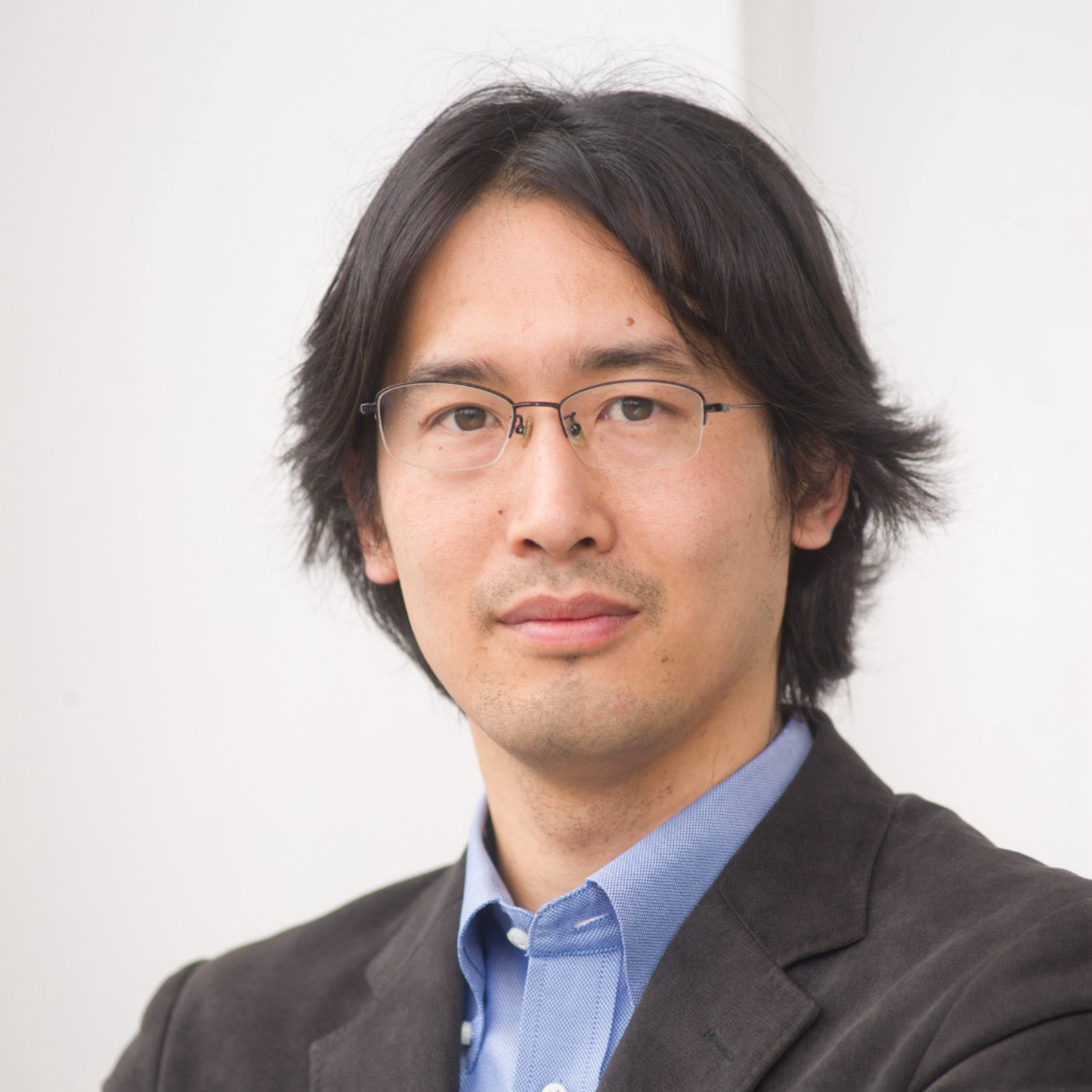
Masahiro Kotosaka
Professor at Keio University and an Associate Fellow of Saïd Business School, University of Oxford
Masahiro Kotosaka is an expert in Internationalization strategy and early-stage business development, and advisor to several global start-up/multinational companies.
Before moving to Keio, he was an associate professor of multinational management at Ritsumeikan University, a teaching & research associate at the University of Oxford, and a consultant at McKinsey & Company based in Frankfurt and Tokyo. As a practitioner, he worked for strategy/marketing projects with sixteen client organizations across nine industries and nine countries and spent four years running three profitable IT/Retail businesses before joining McKinsey. He graduated from the University of Oxford with D.Phil. (Ph.D) in Management Studies and MSc in Management Research with Distinction.
His research focuses on how high-growth startups formulate and execute strategic actions, and how institutional environments influence entrepreneurial behavior. His recent publication includes STARTUP (Co-authored, NewsPicks Publishing, 2020), Raksul (Co-authored, HBS, 2019), The Element of Strategic Management (Toyo Keizai, 2018), and The Japanese Business in Evolution (Co-authored, Routledge, 2017).
He is a keen yacht sailor and holds RYA/MCA Yachtmaster (Coastal). In spare time, He travels and visited nearly 100 countries so far.